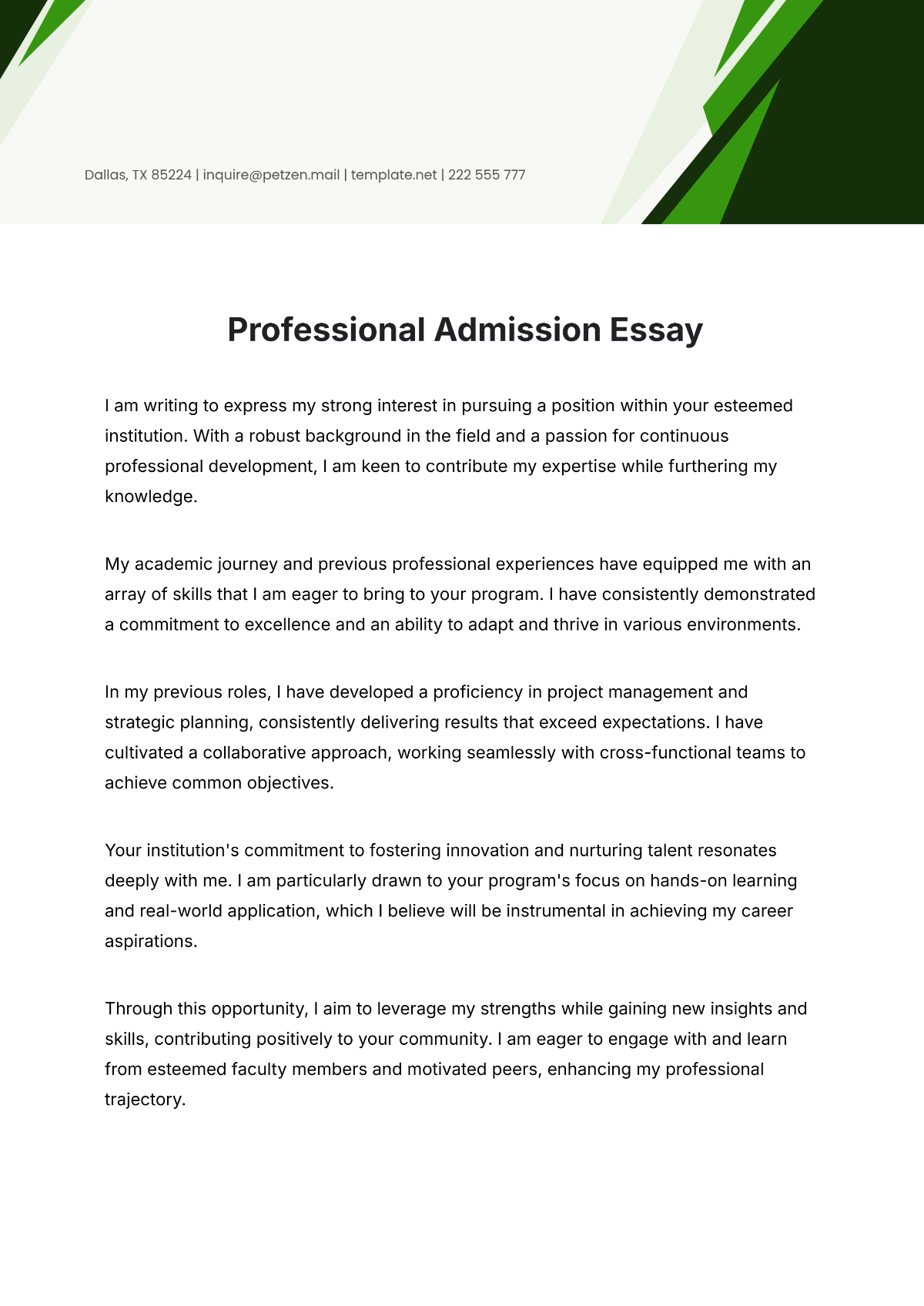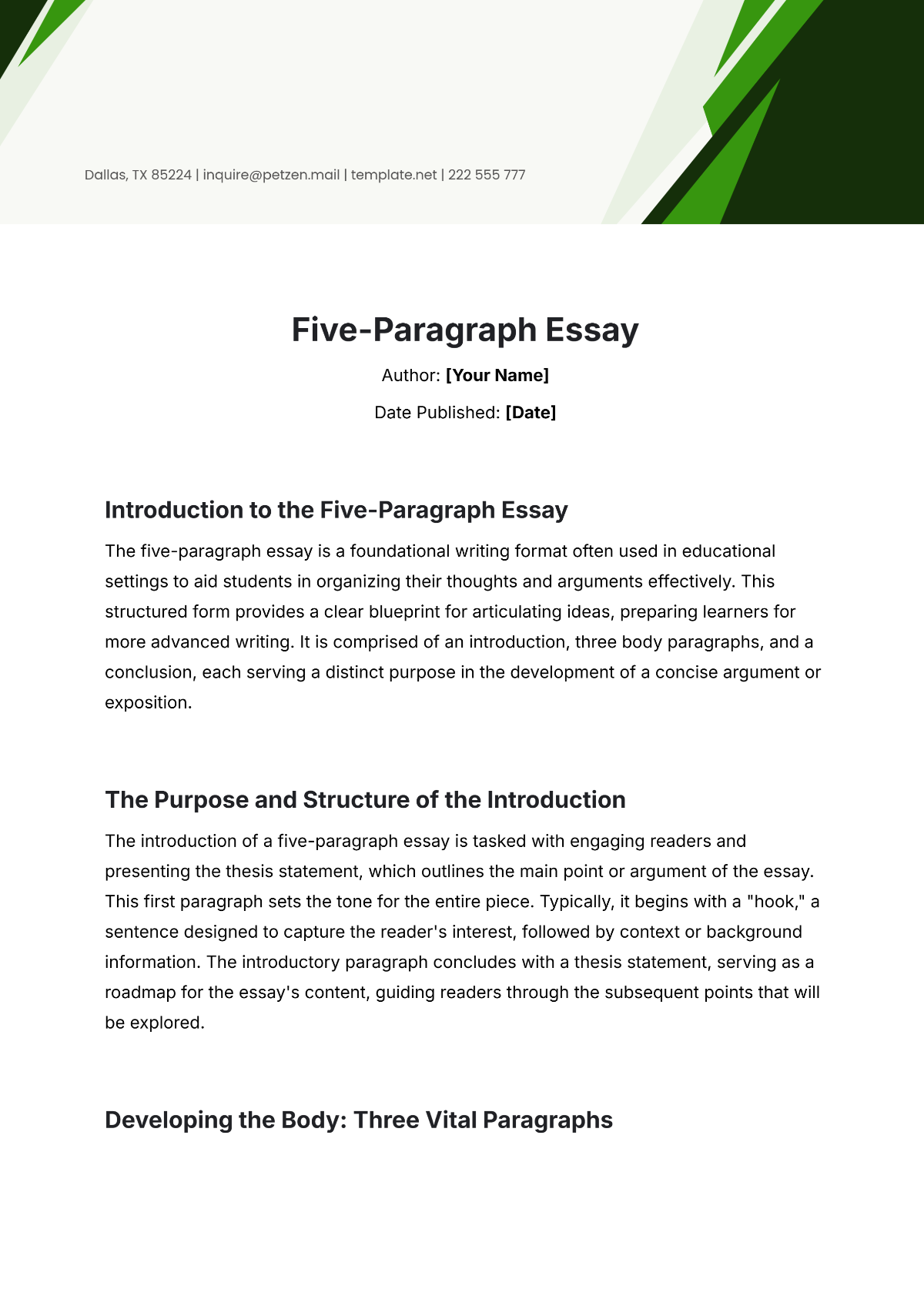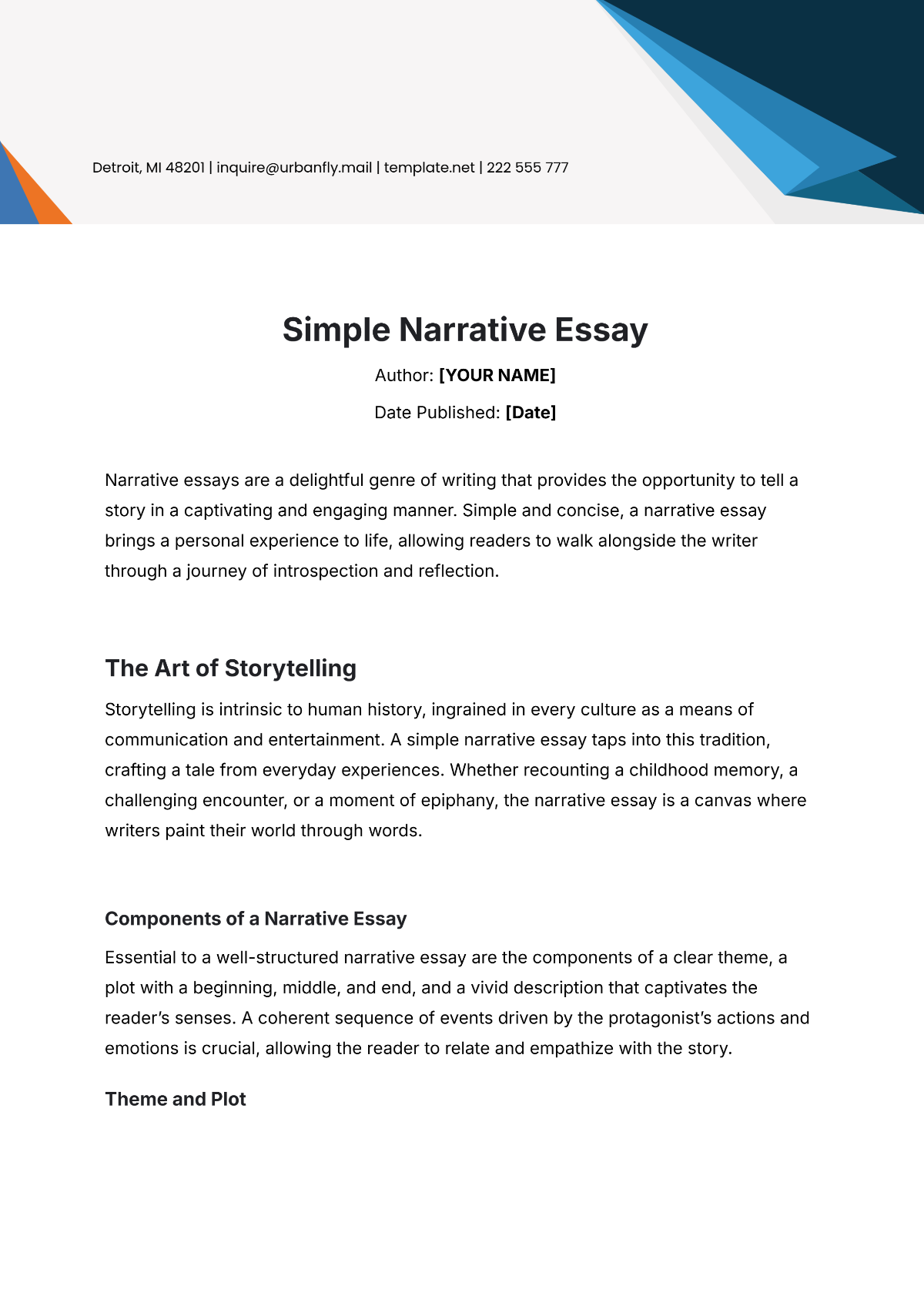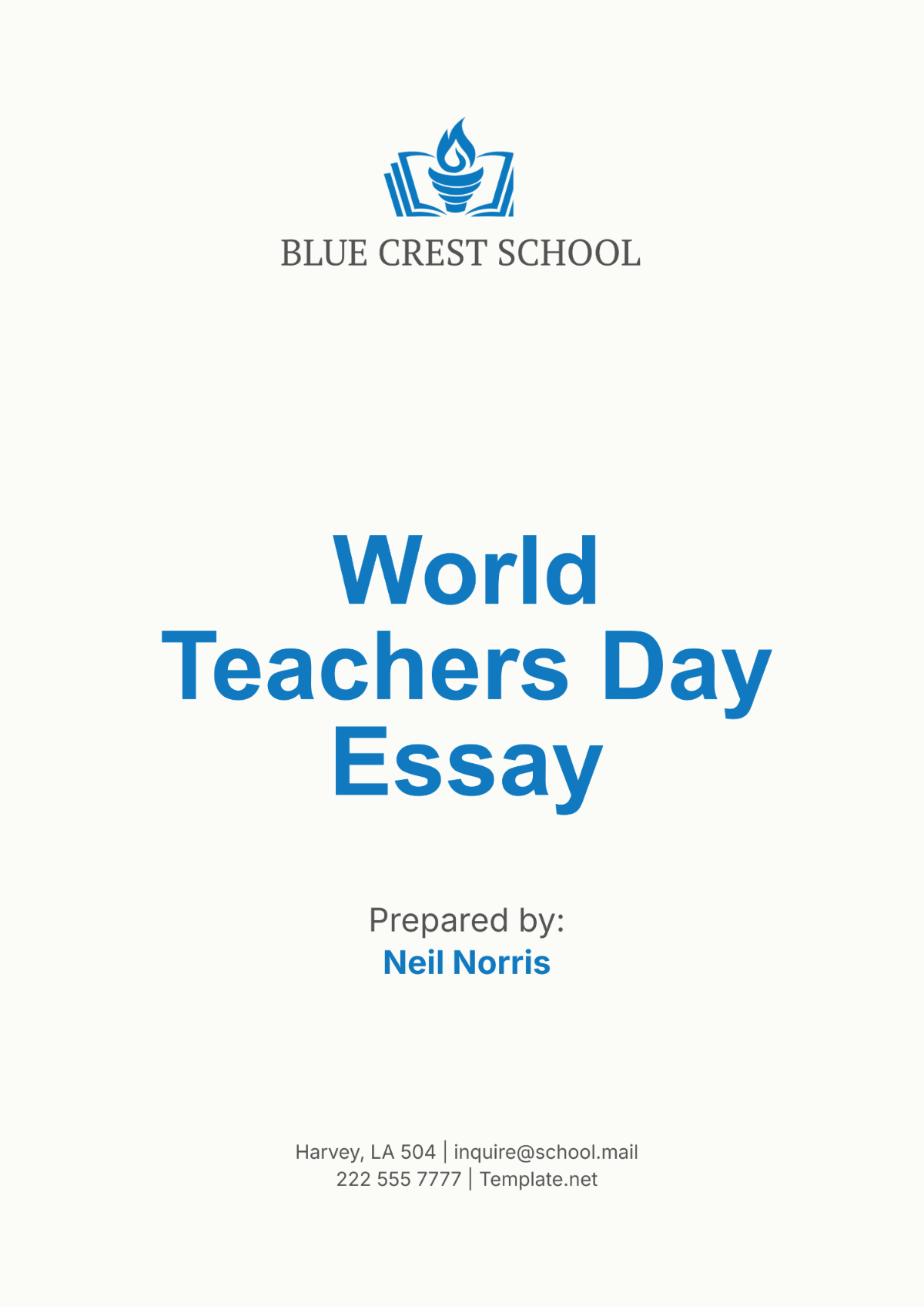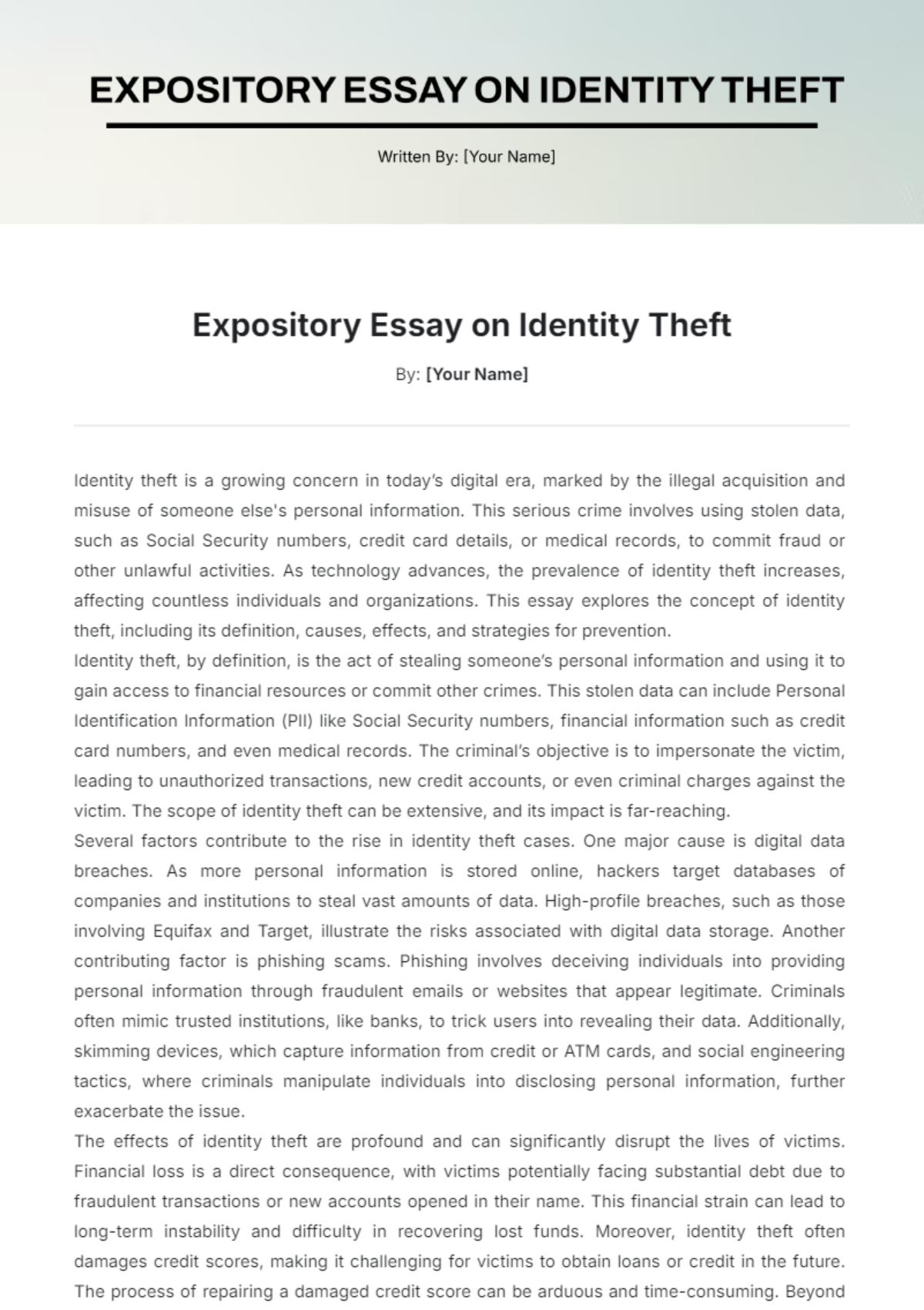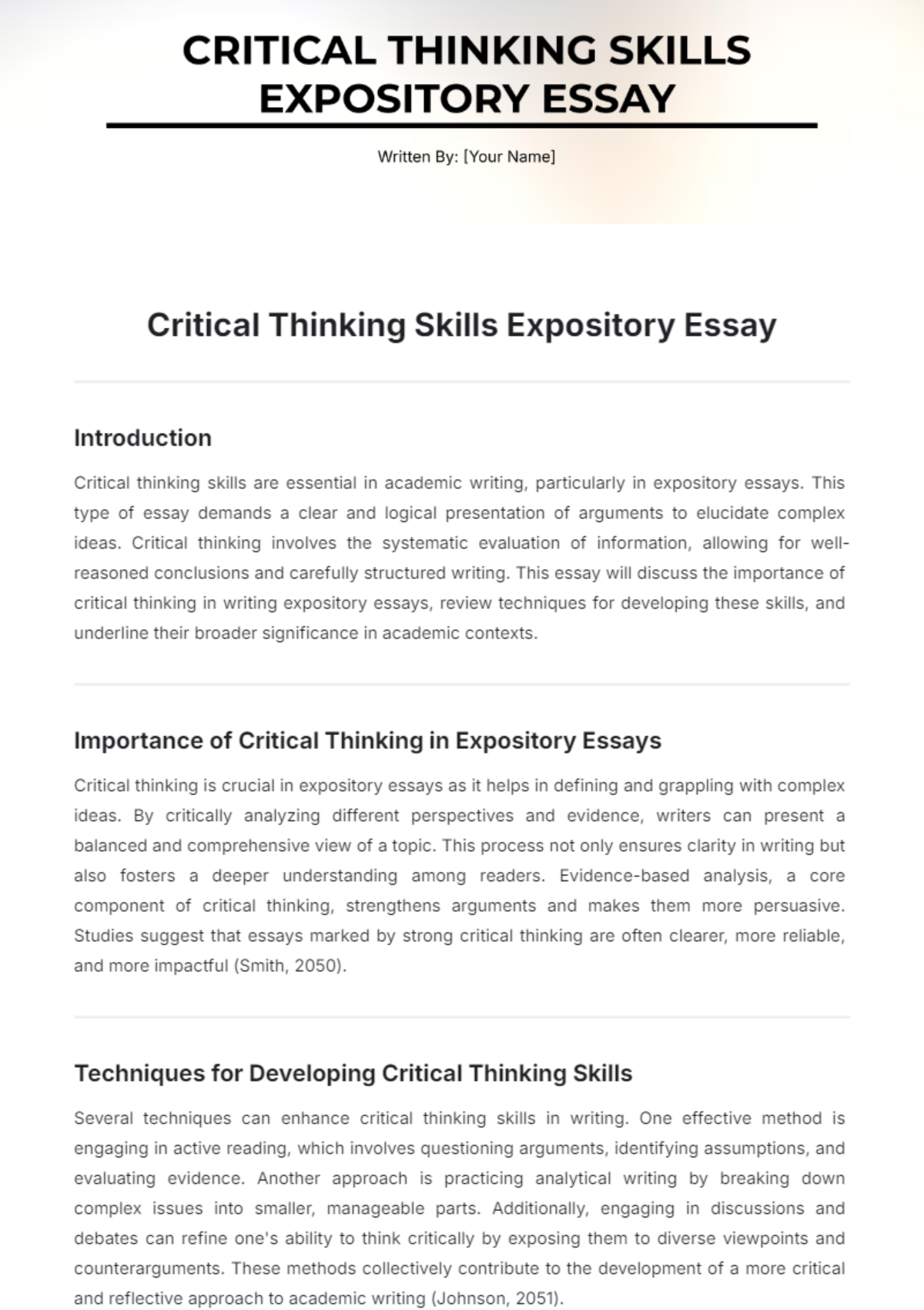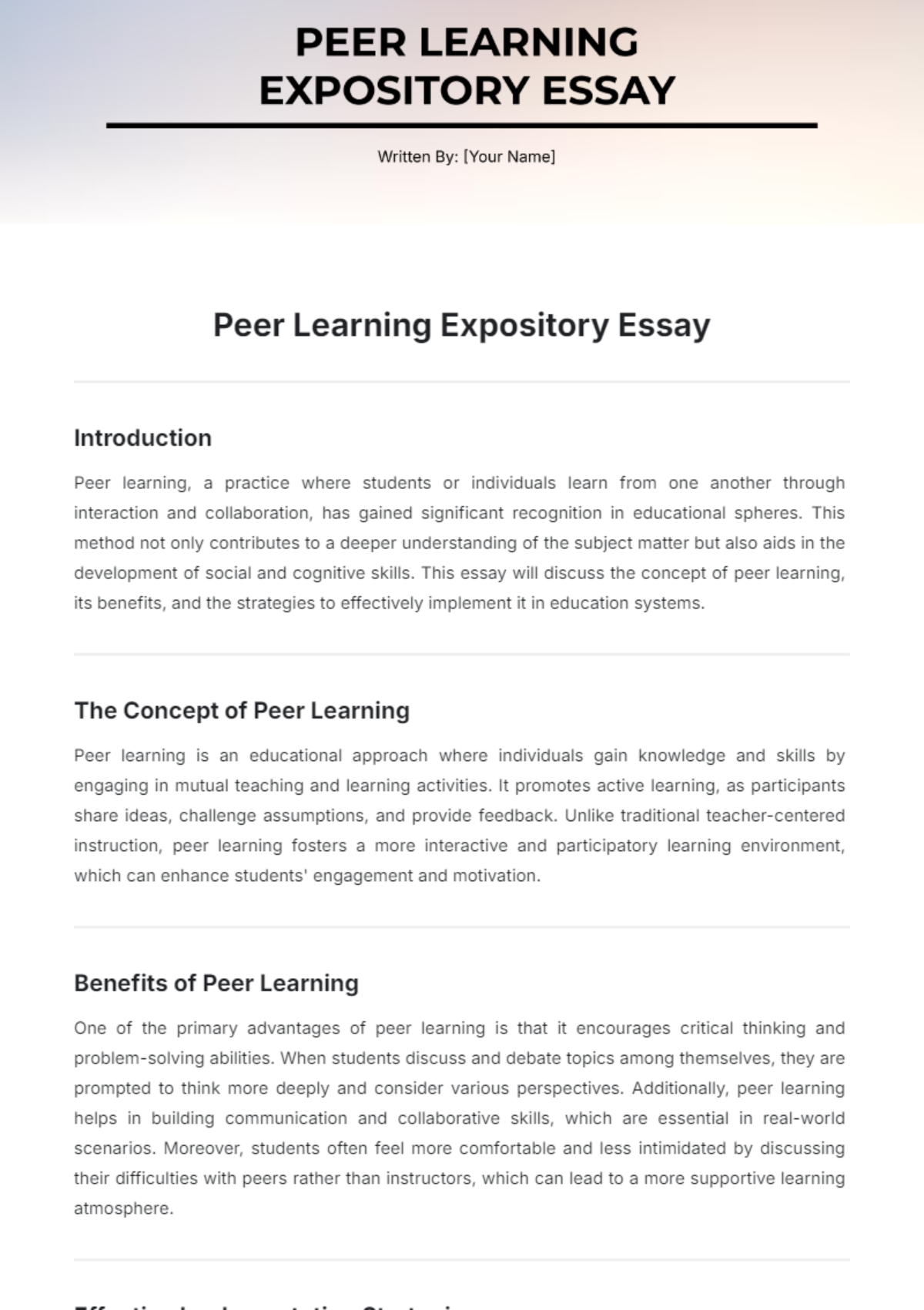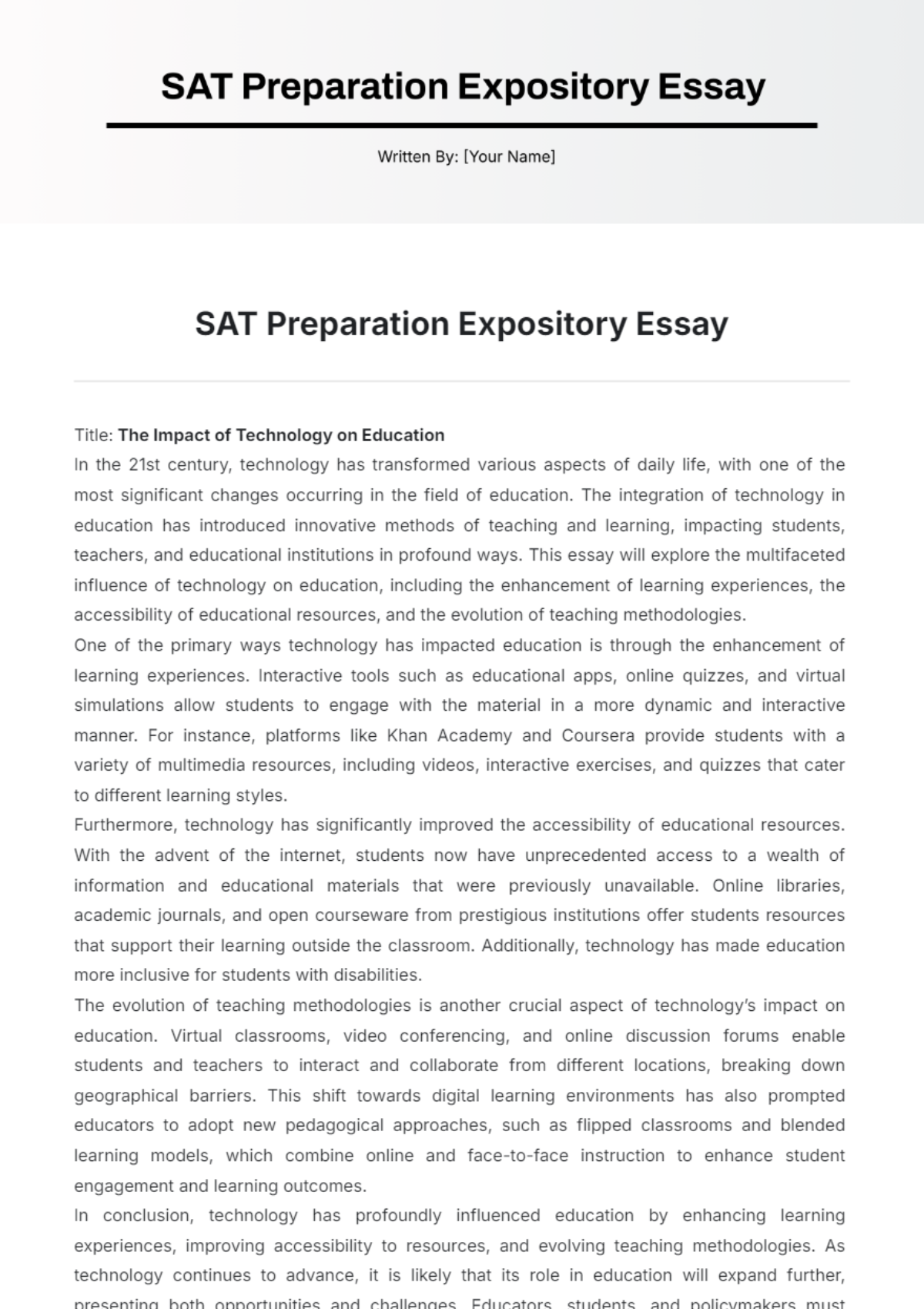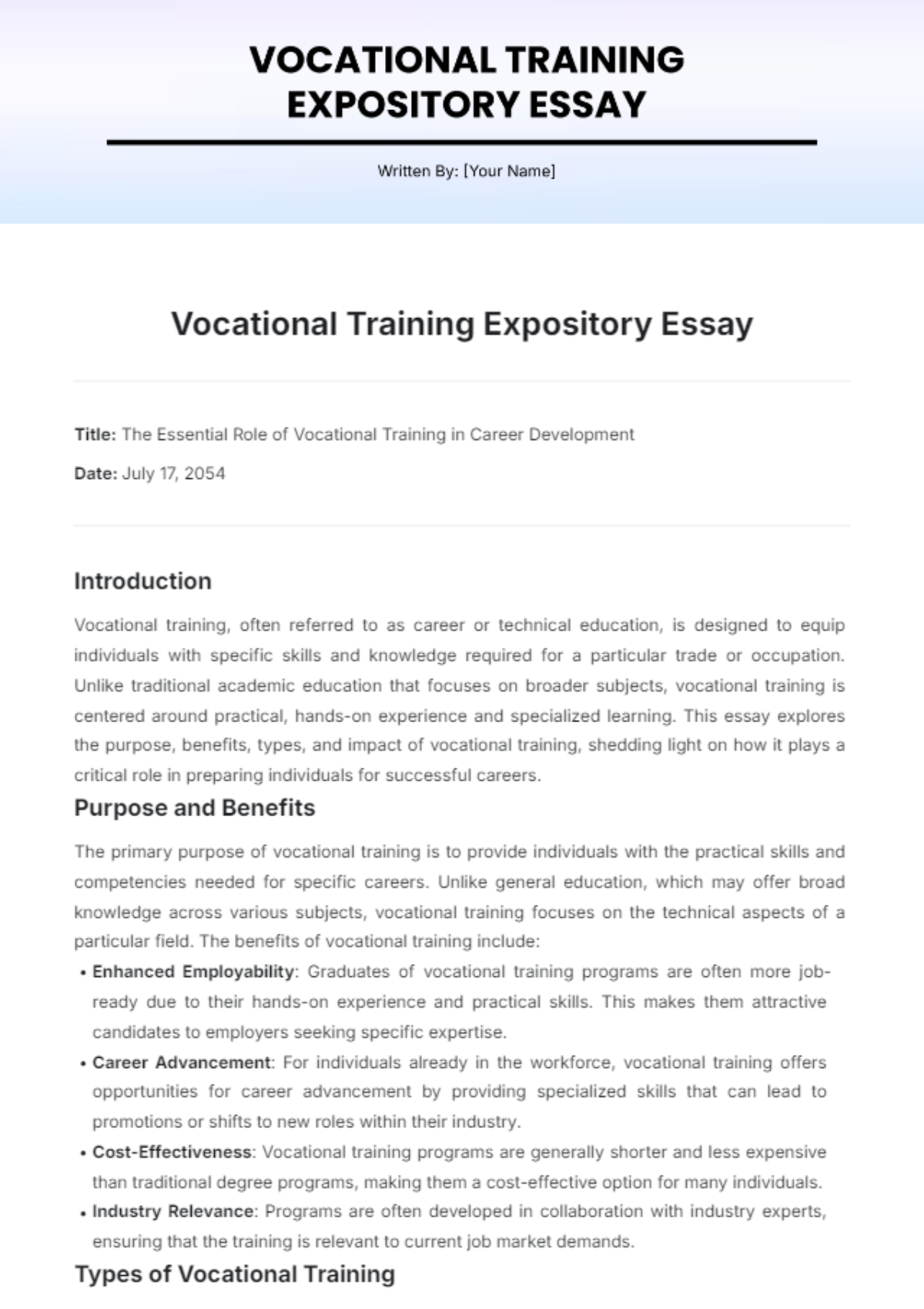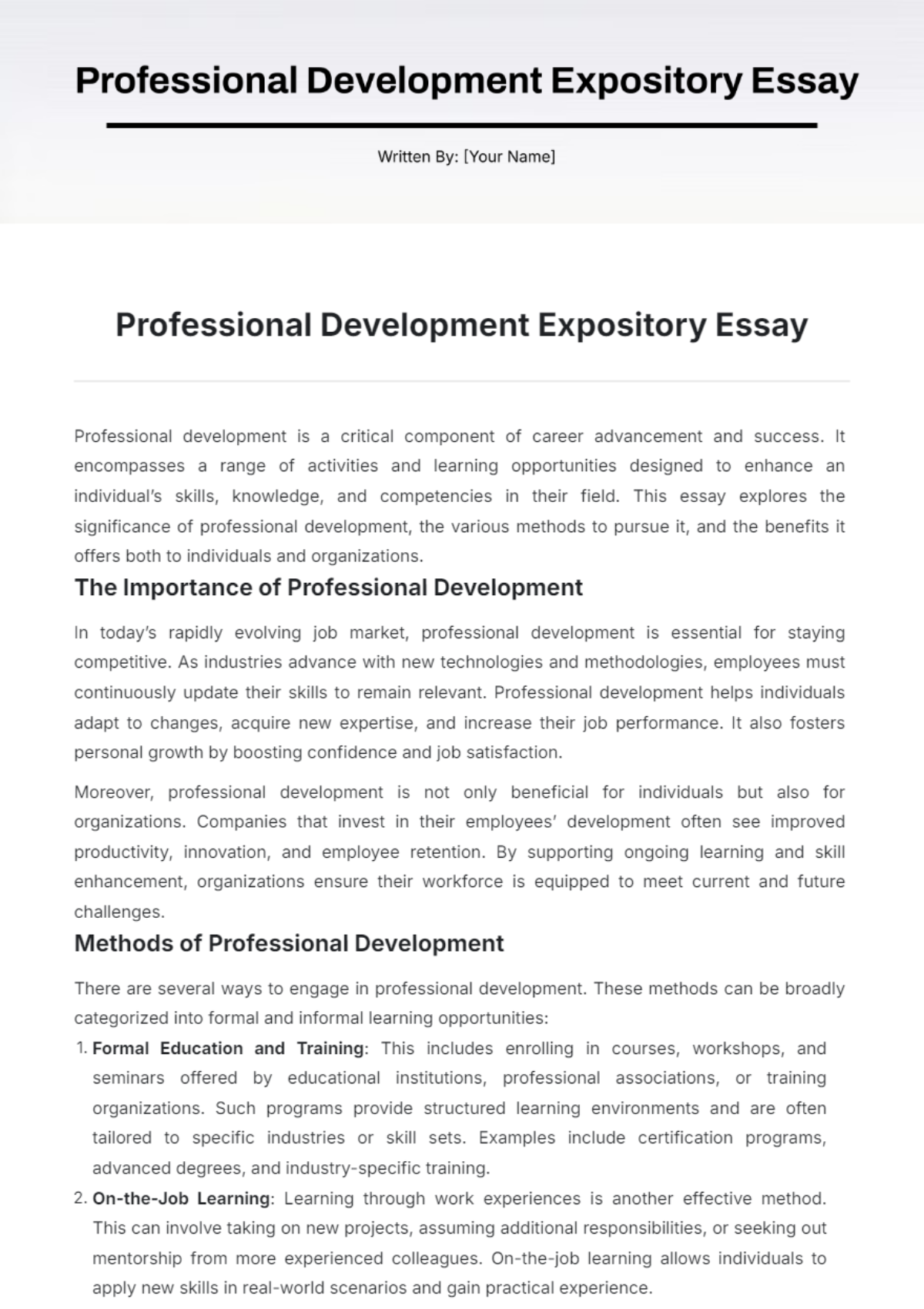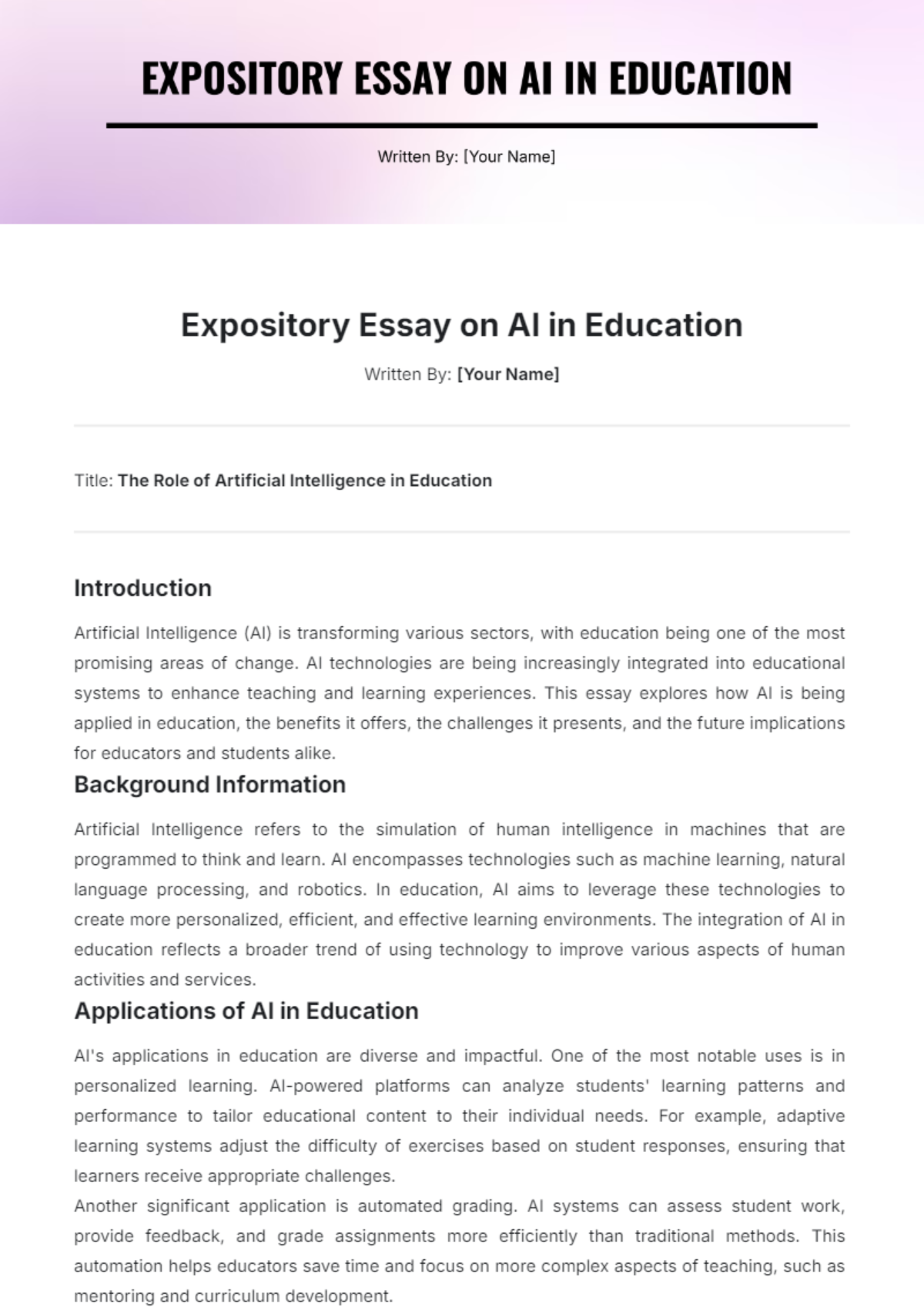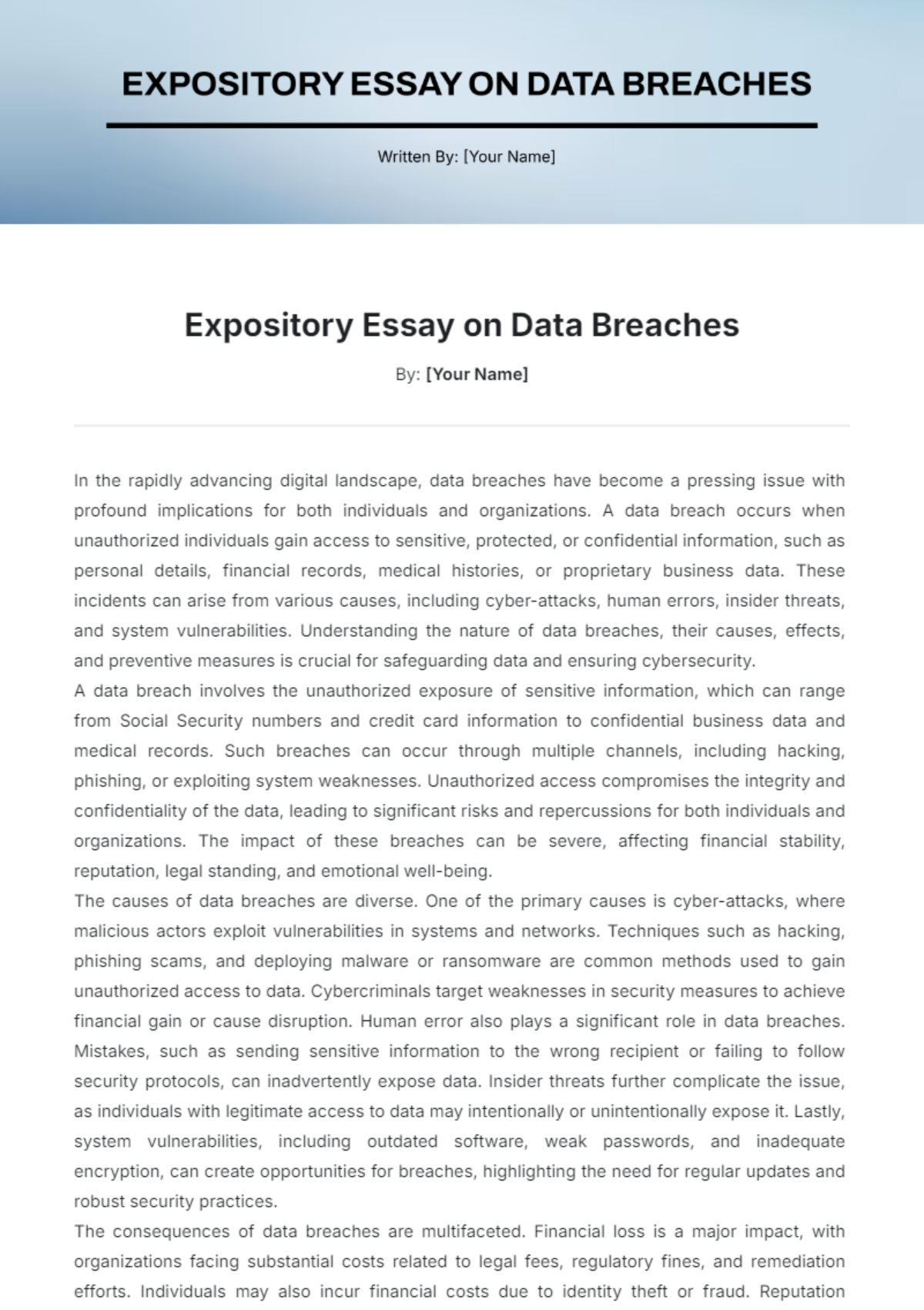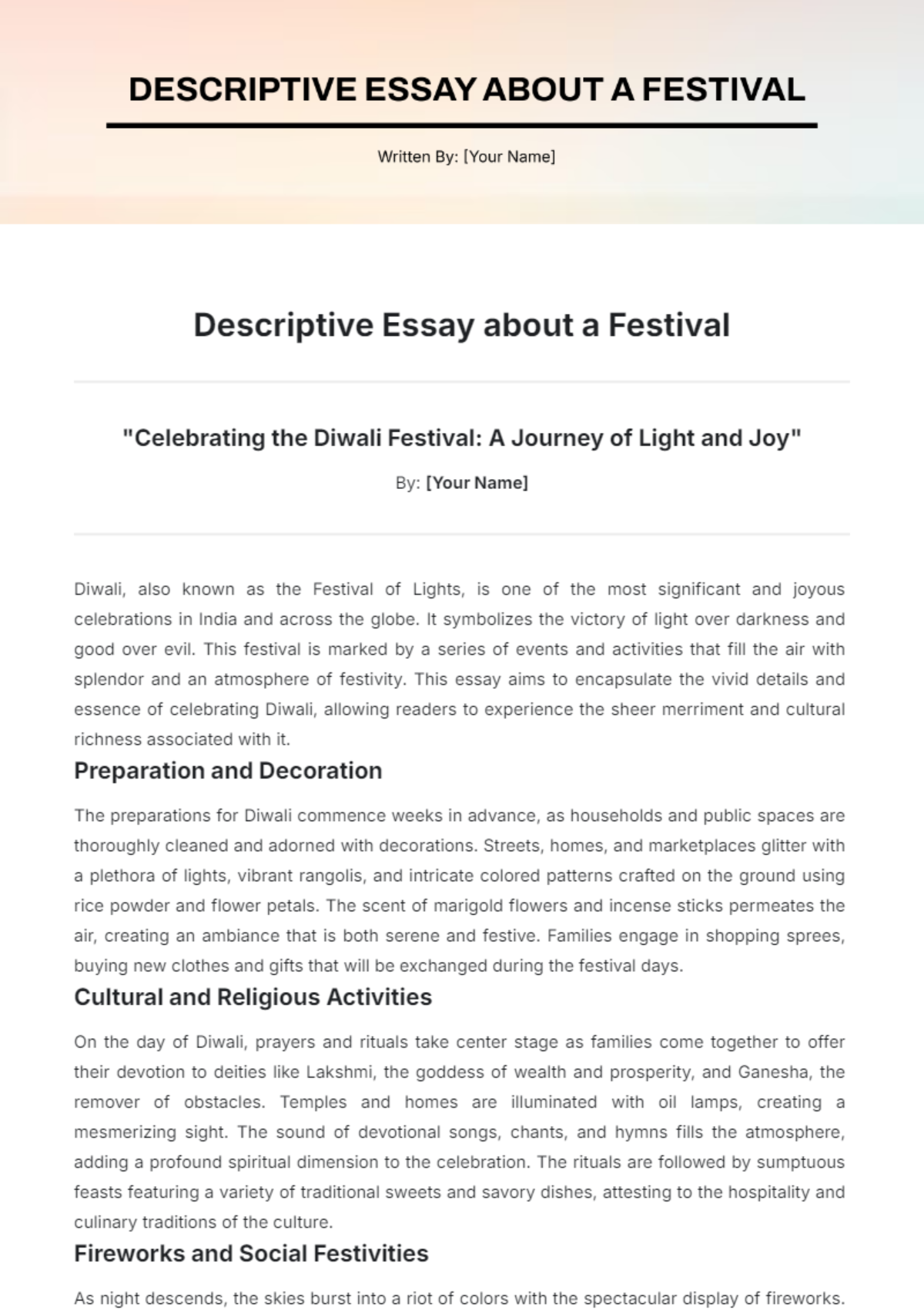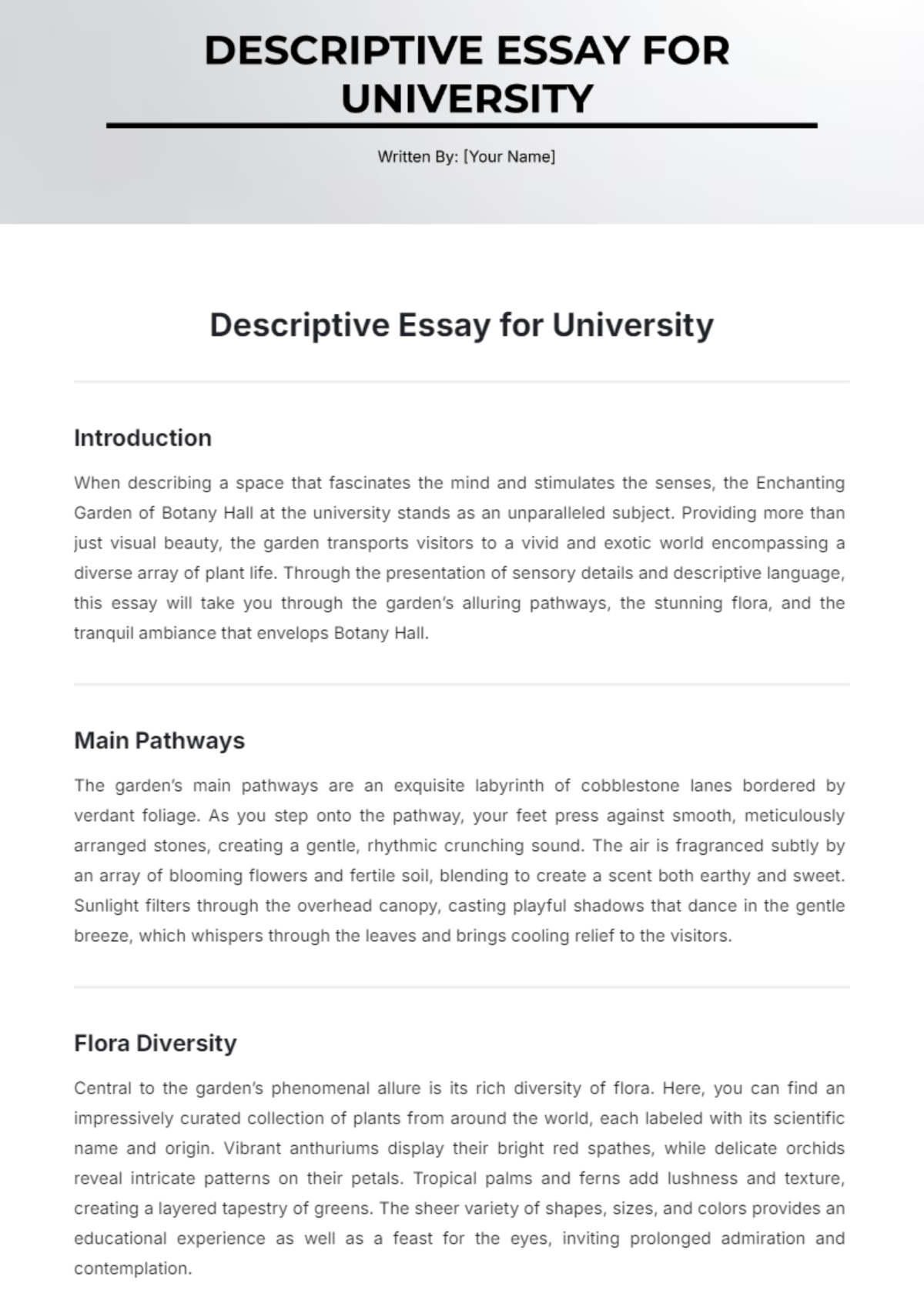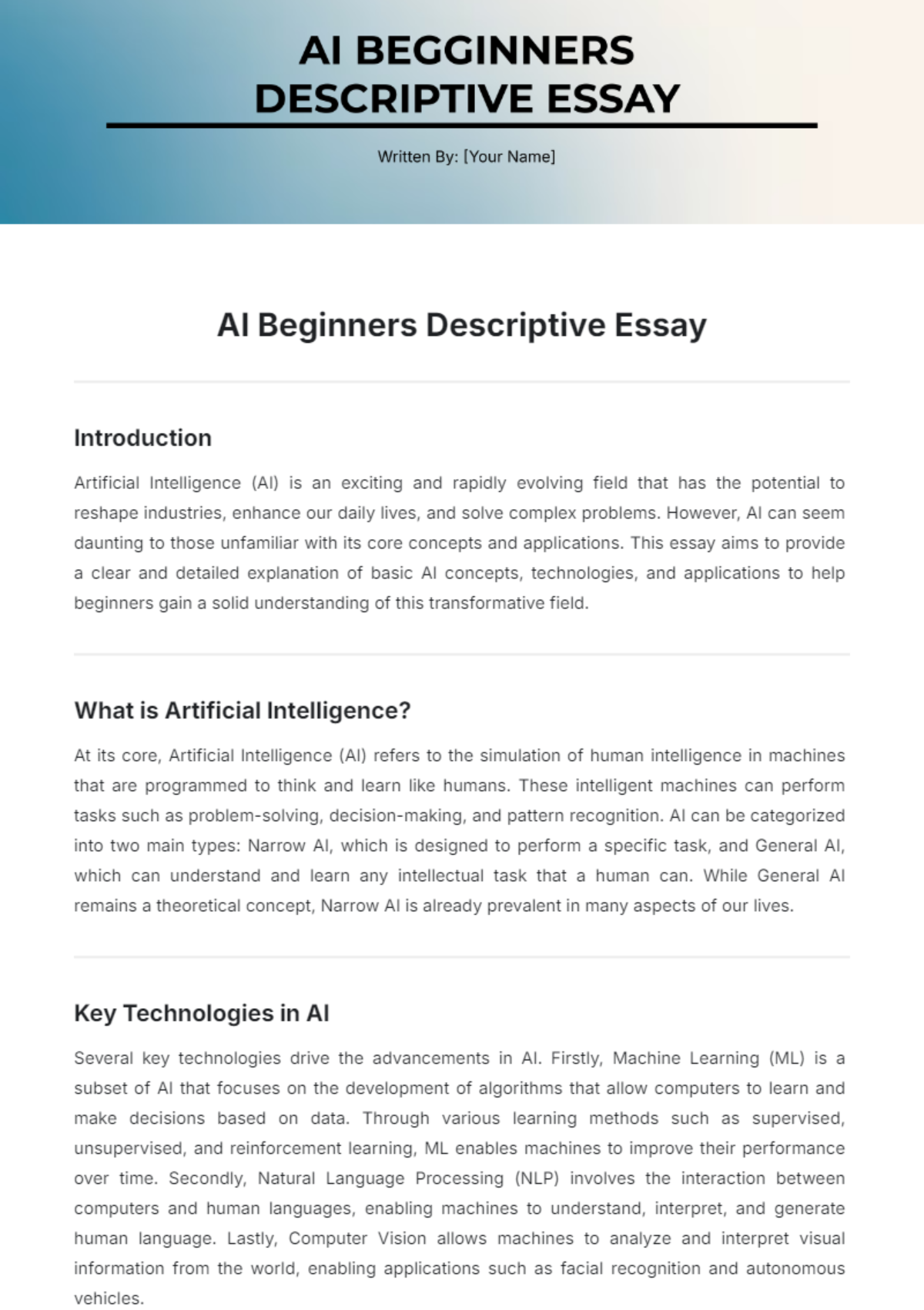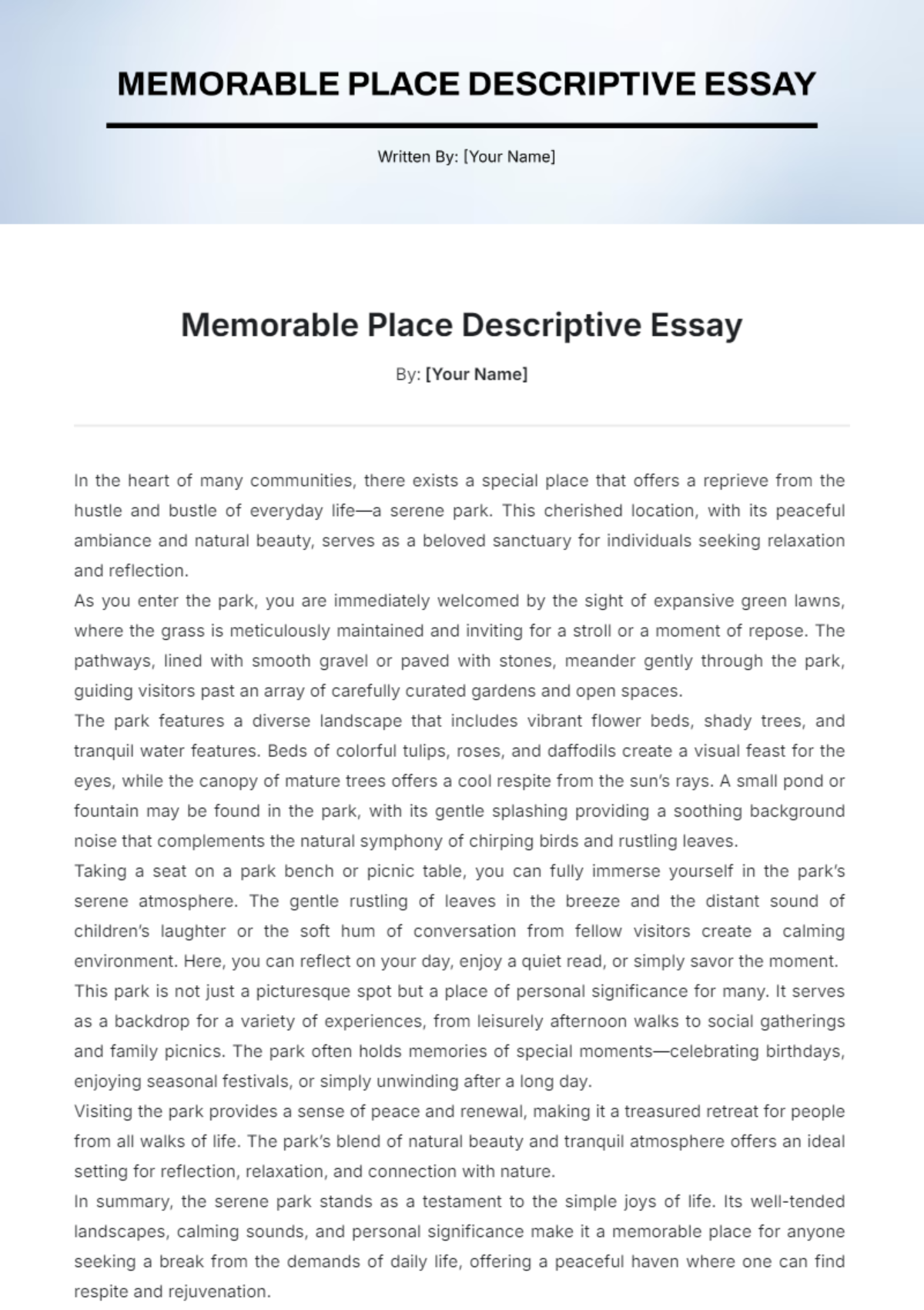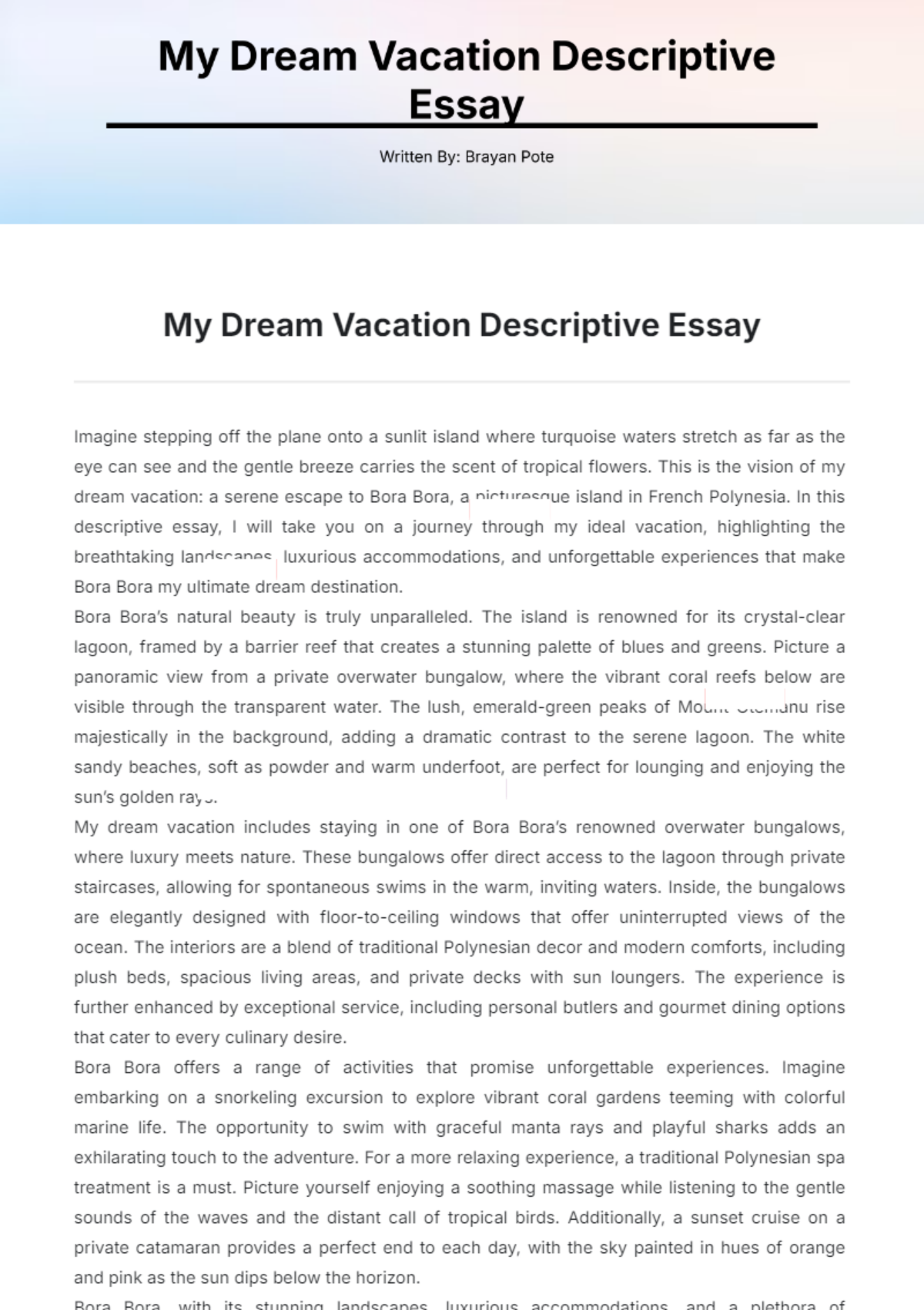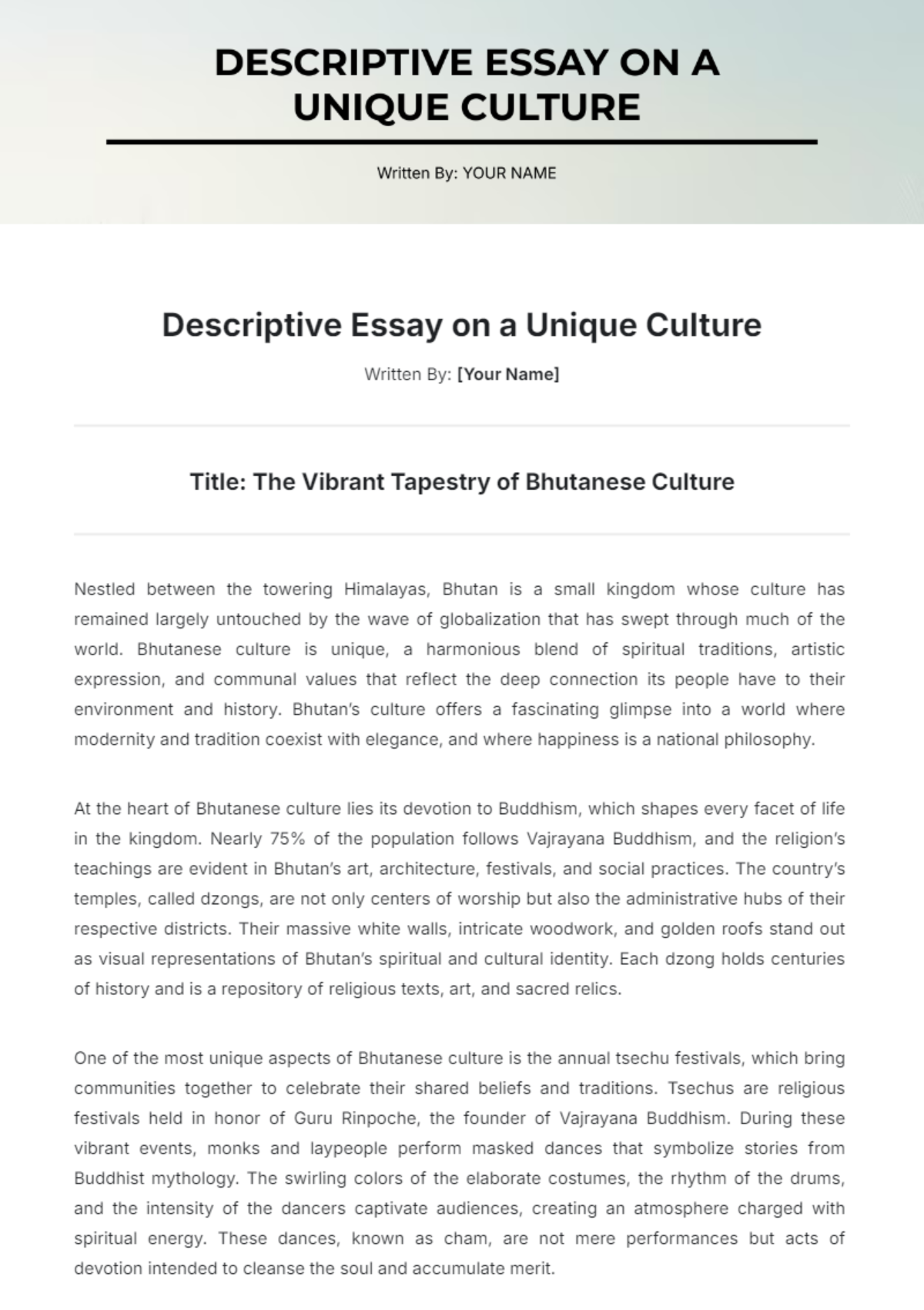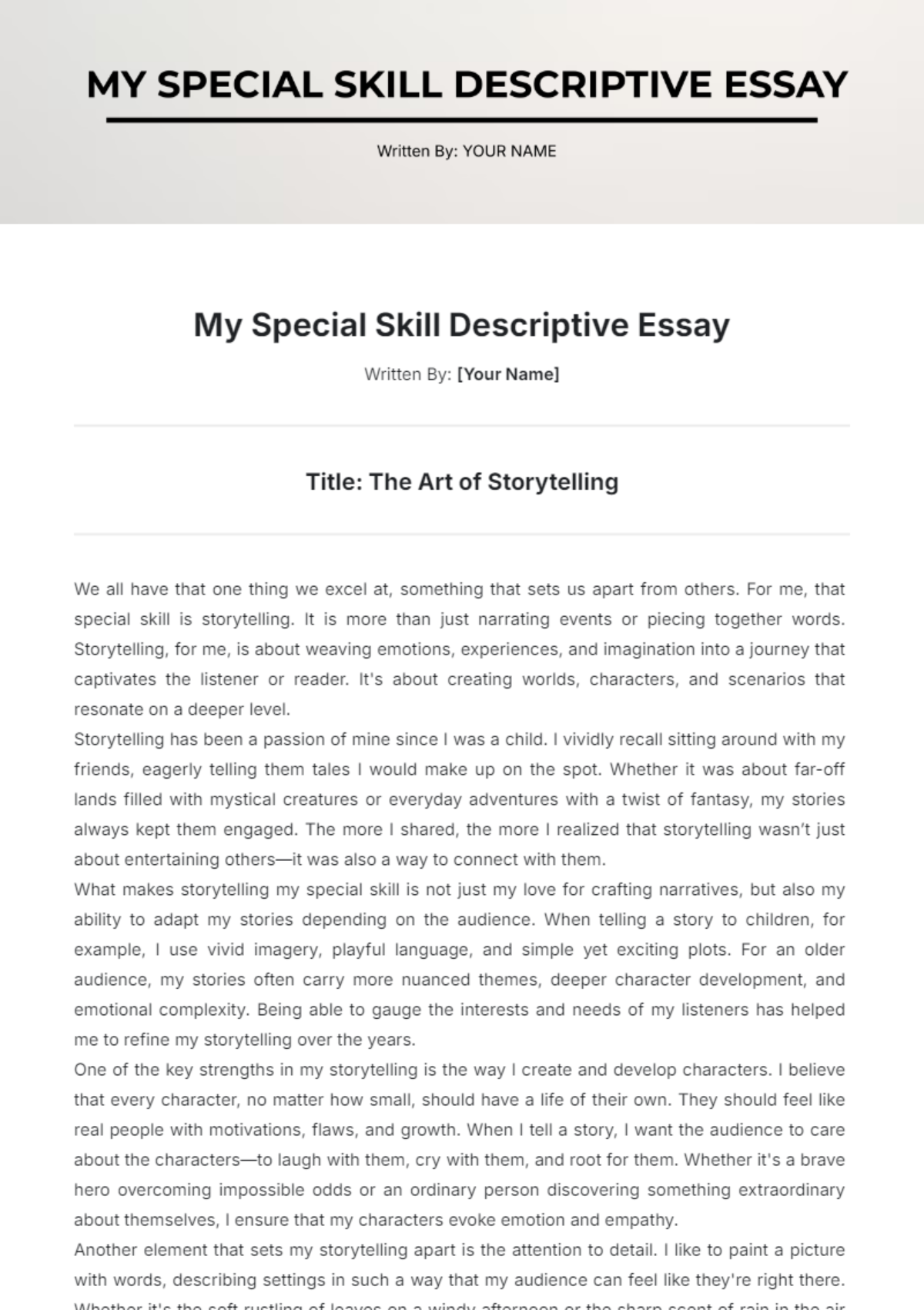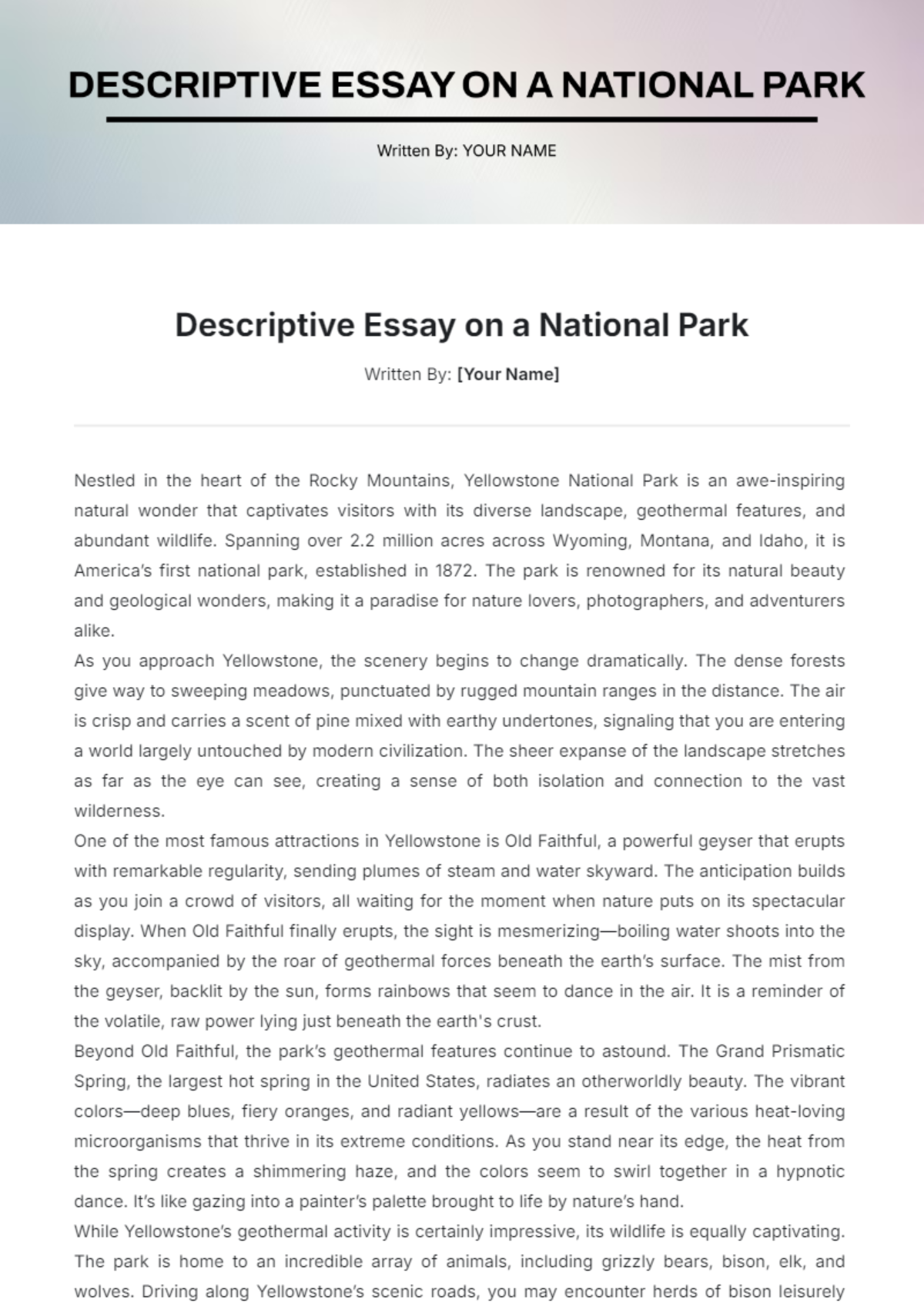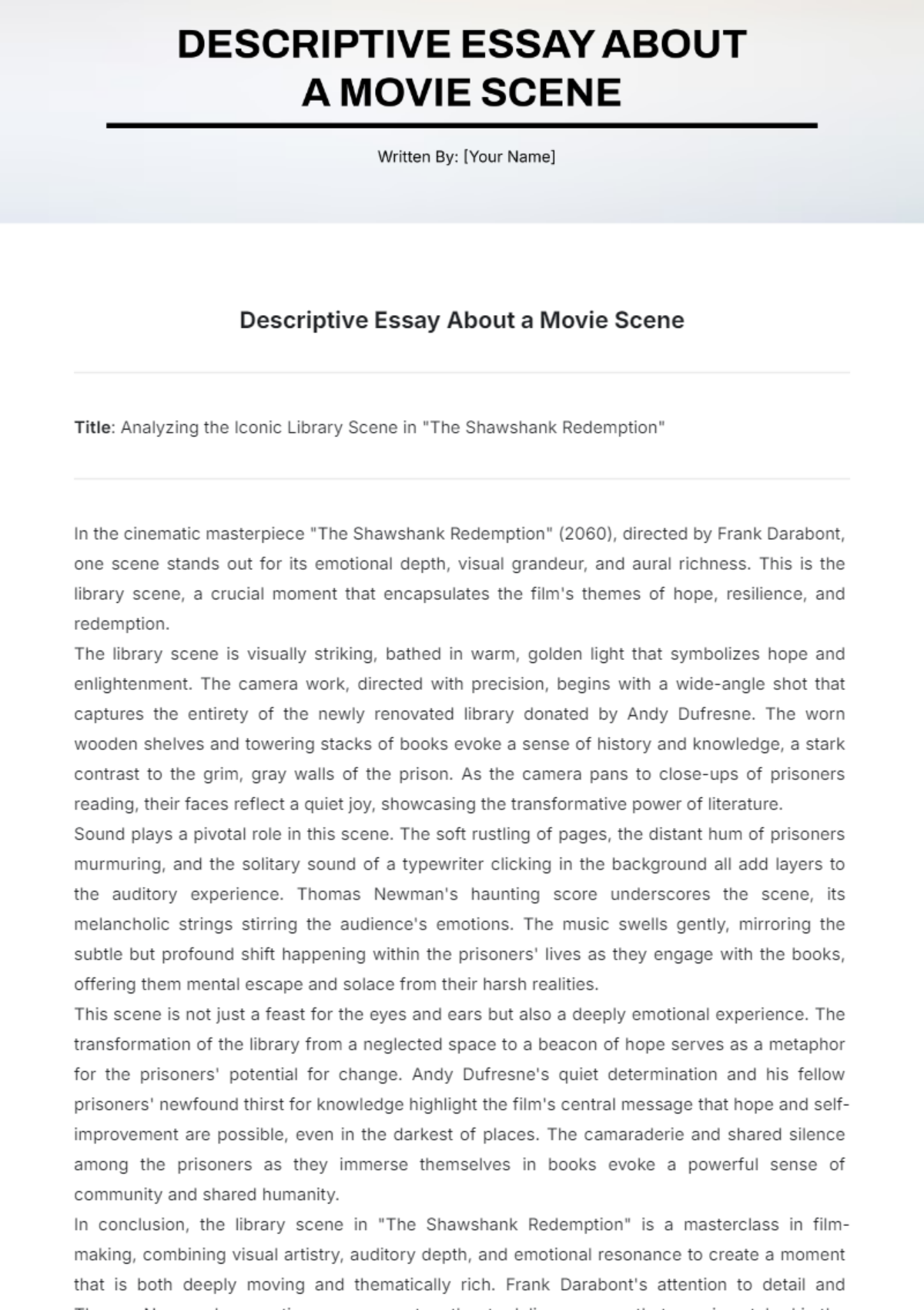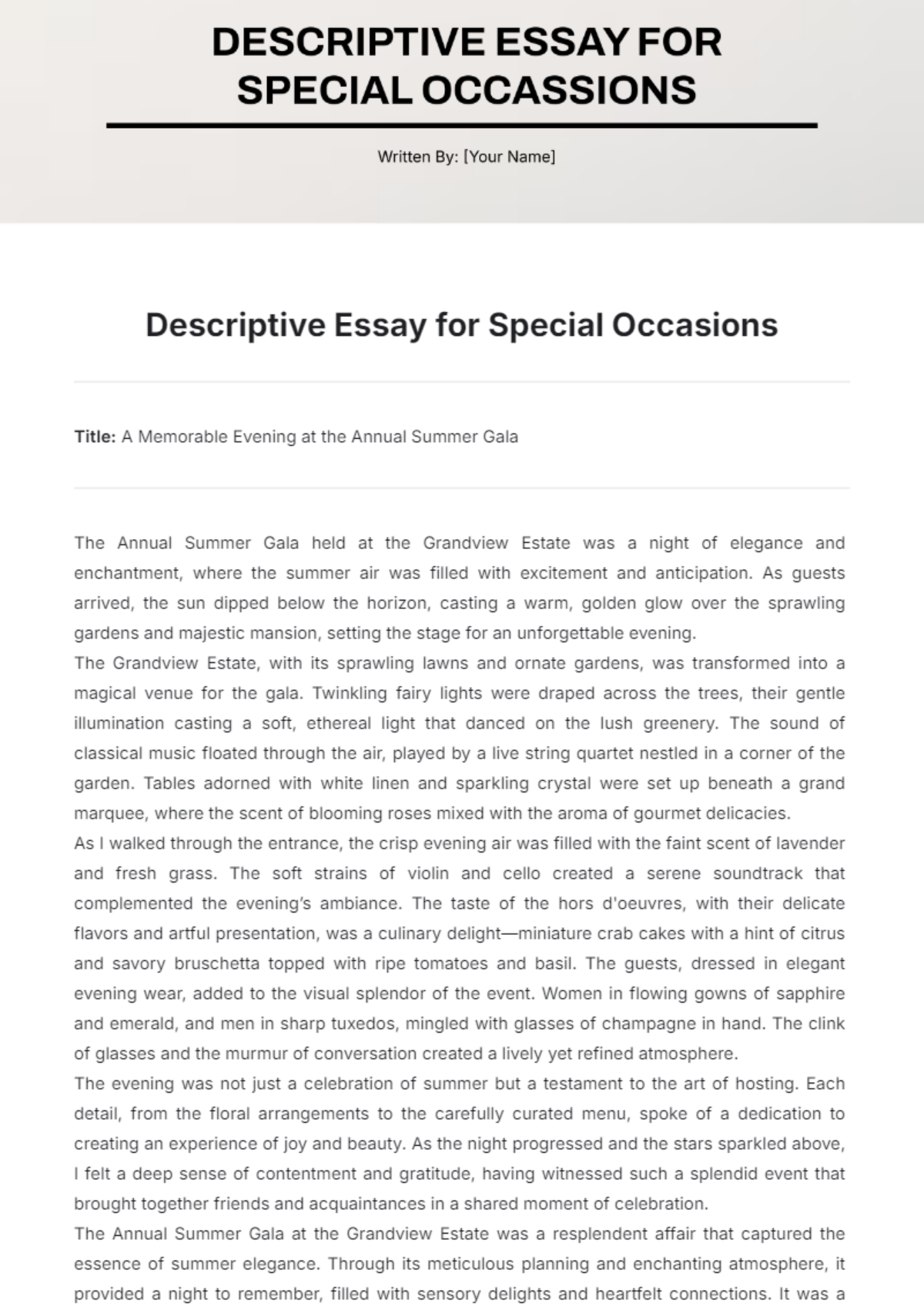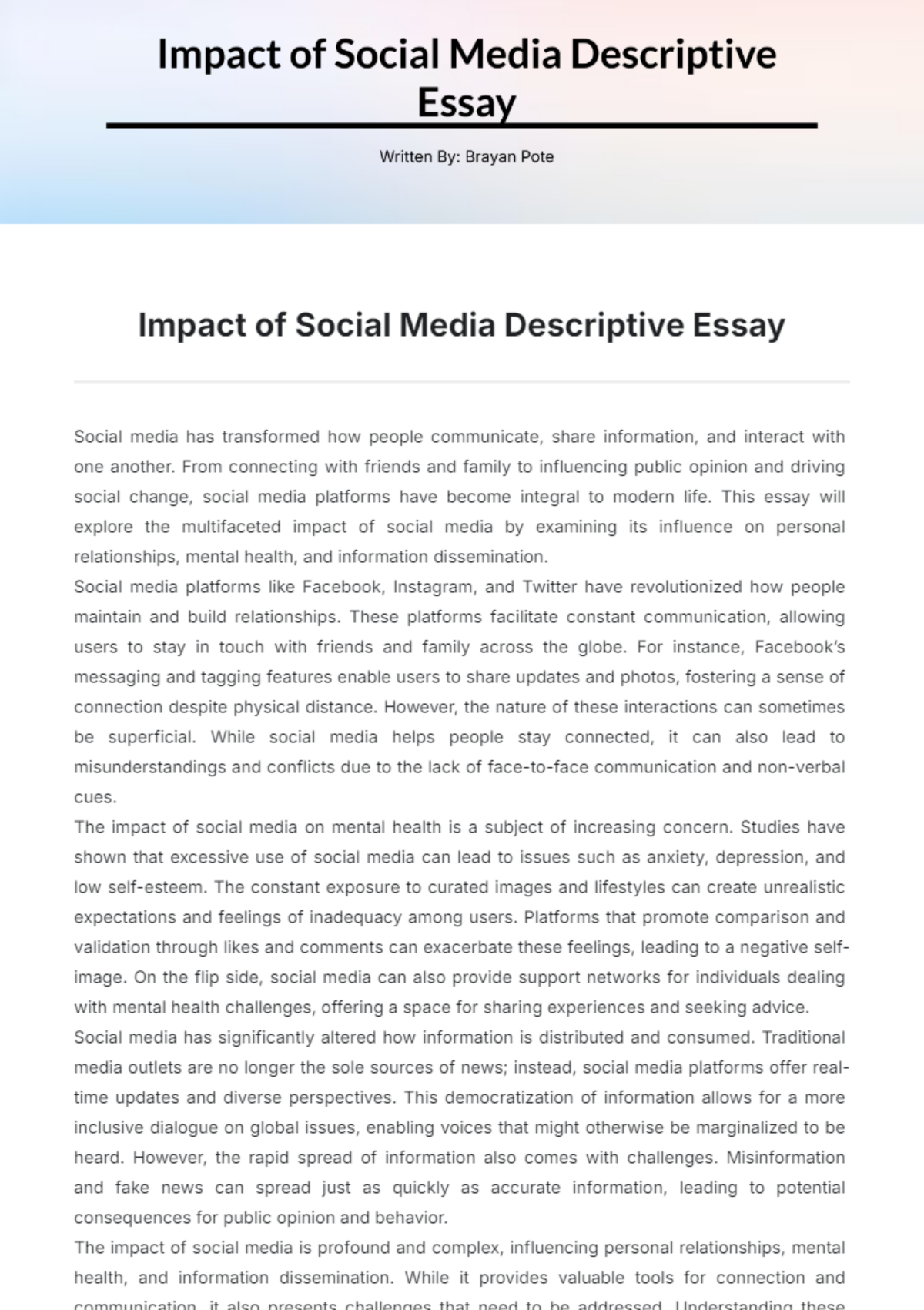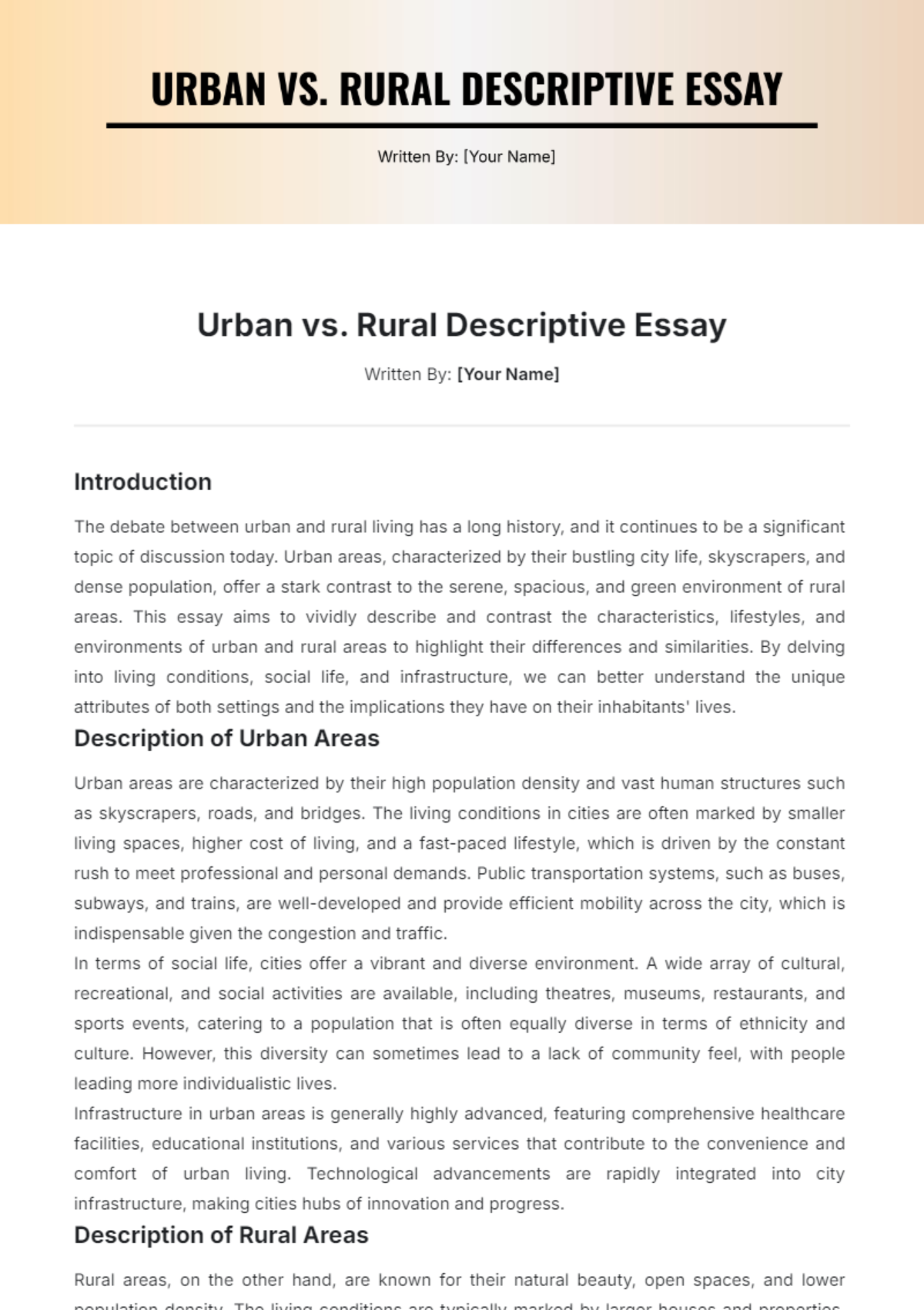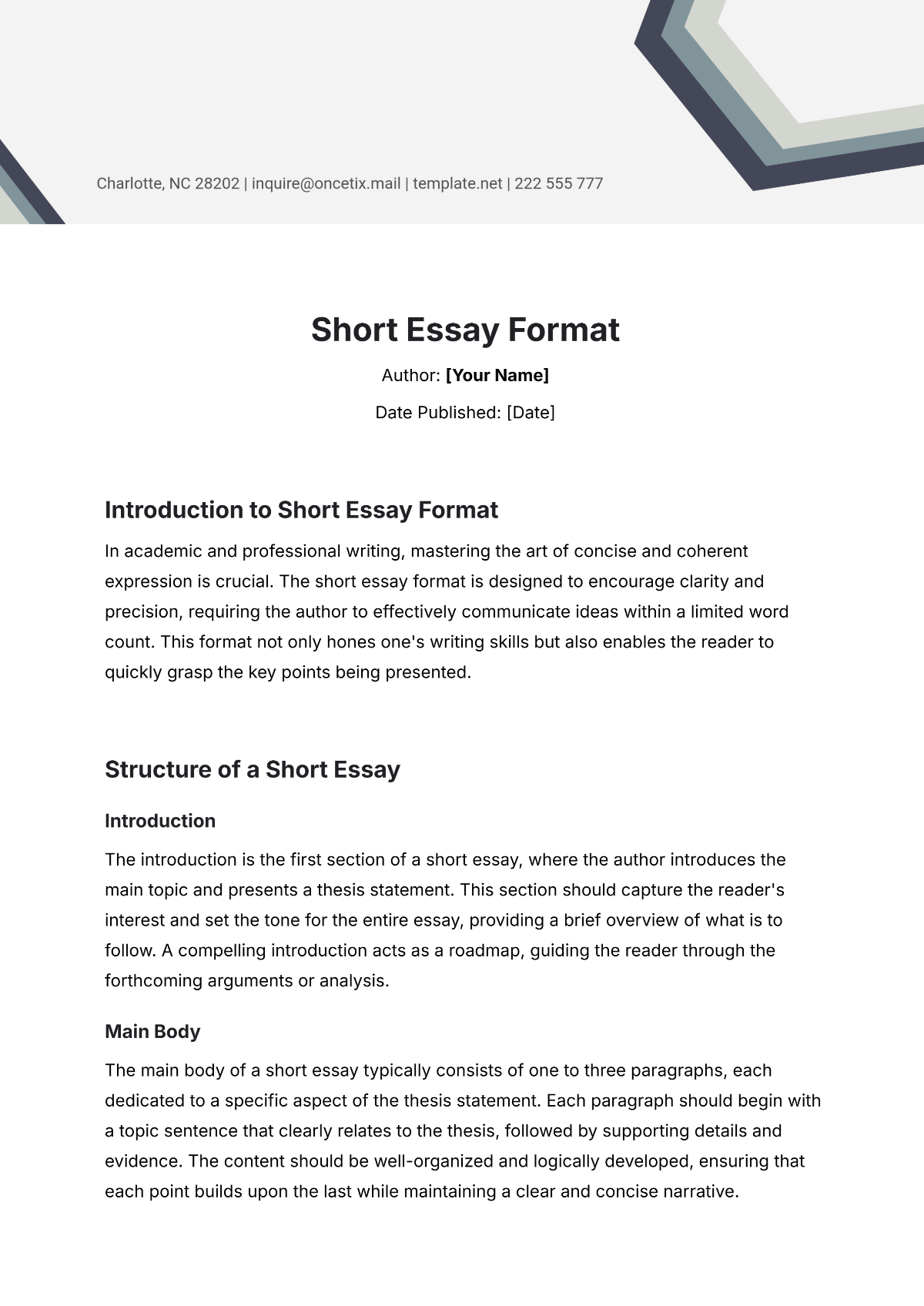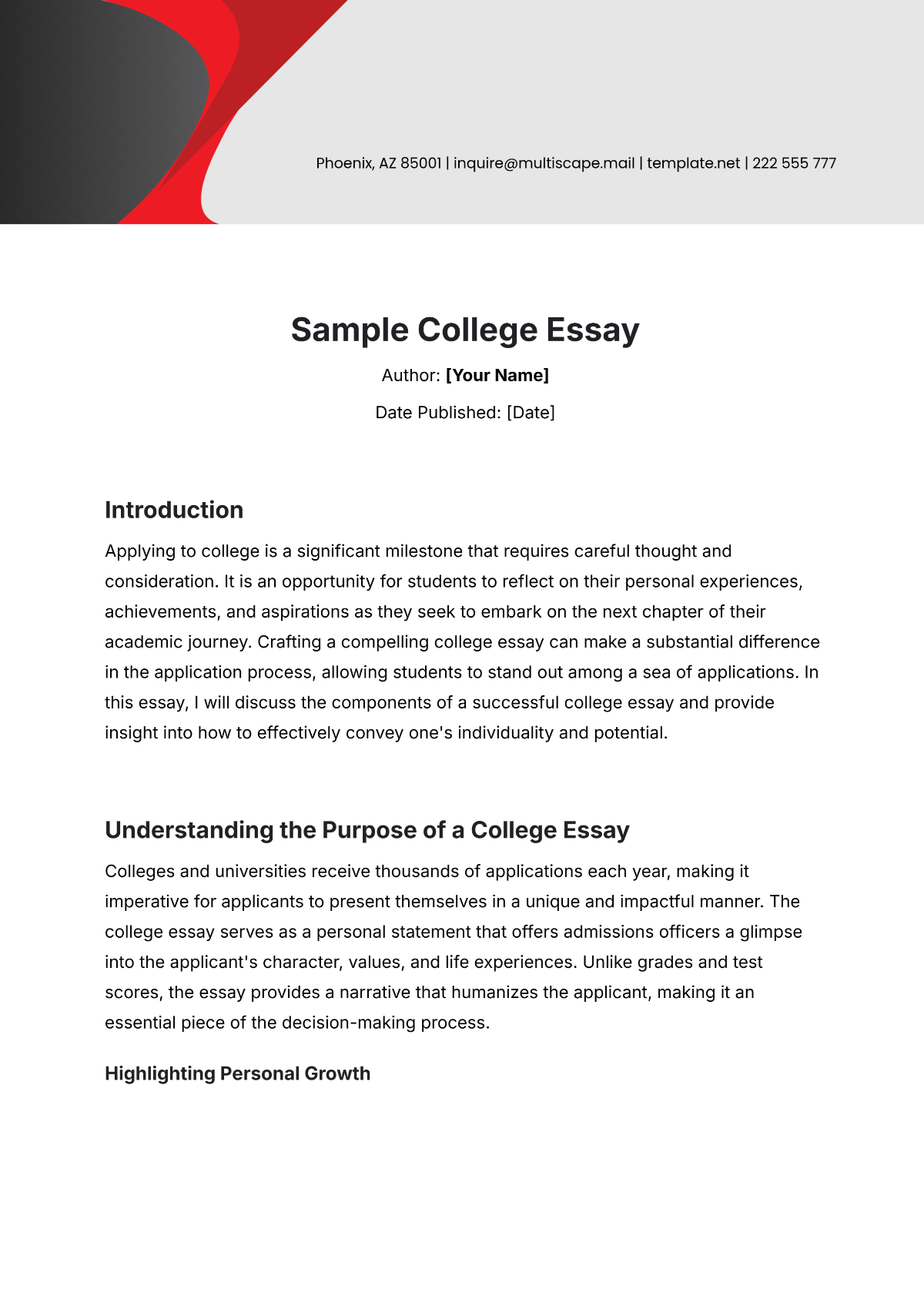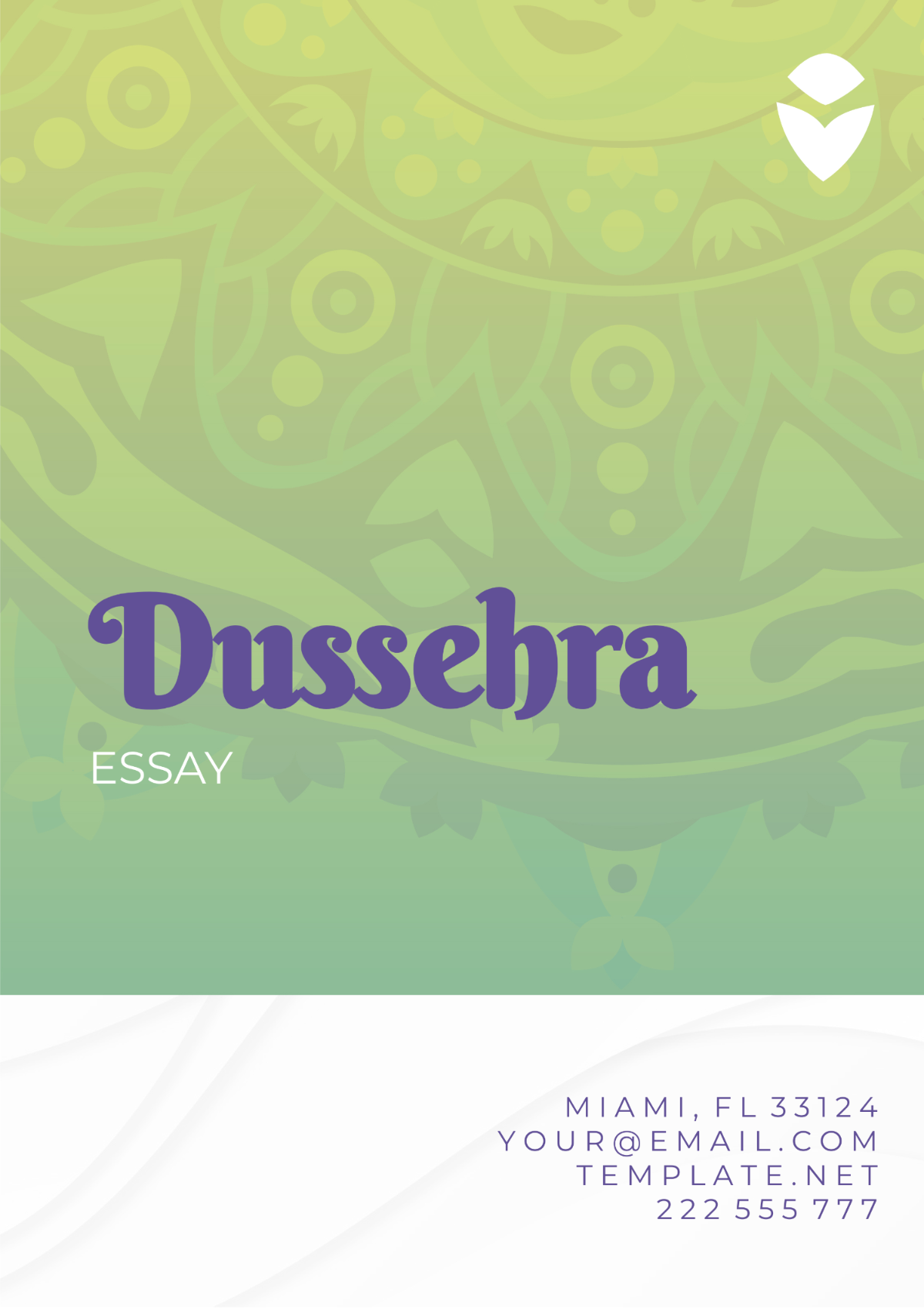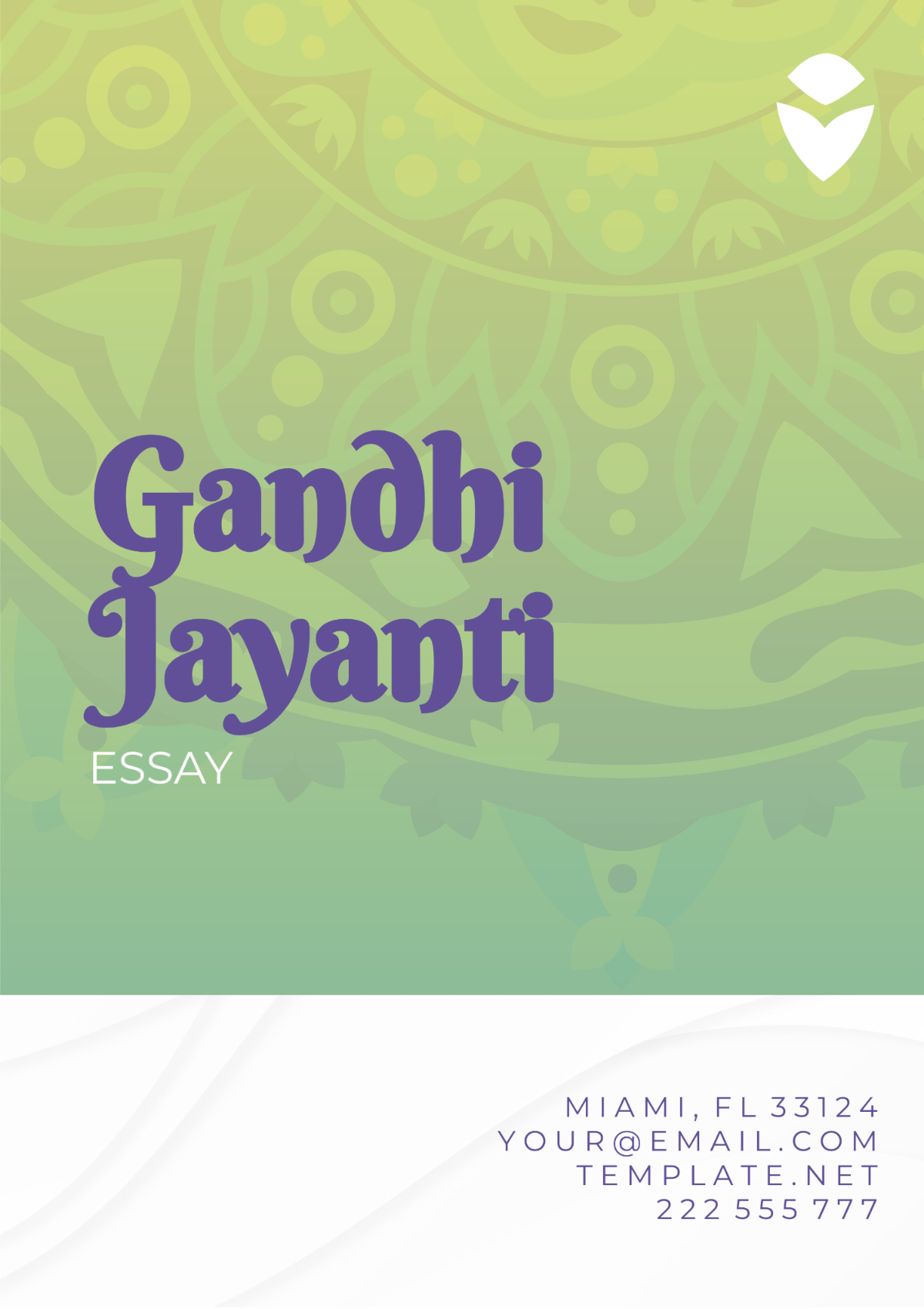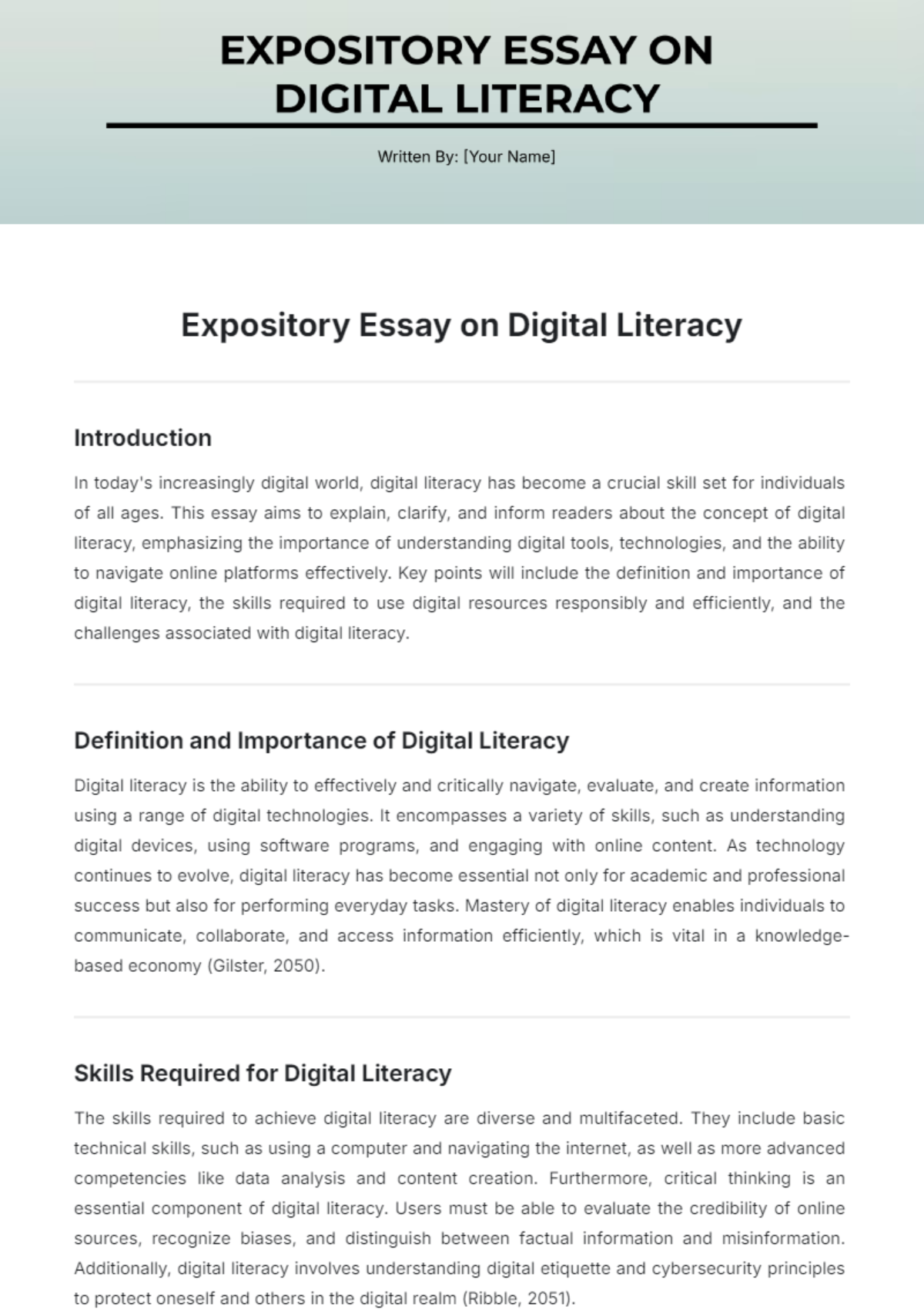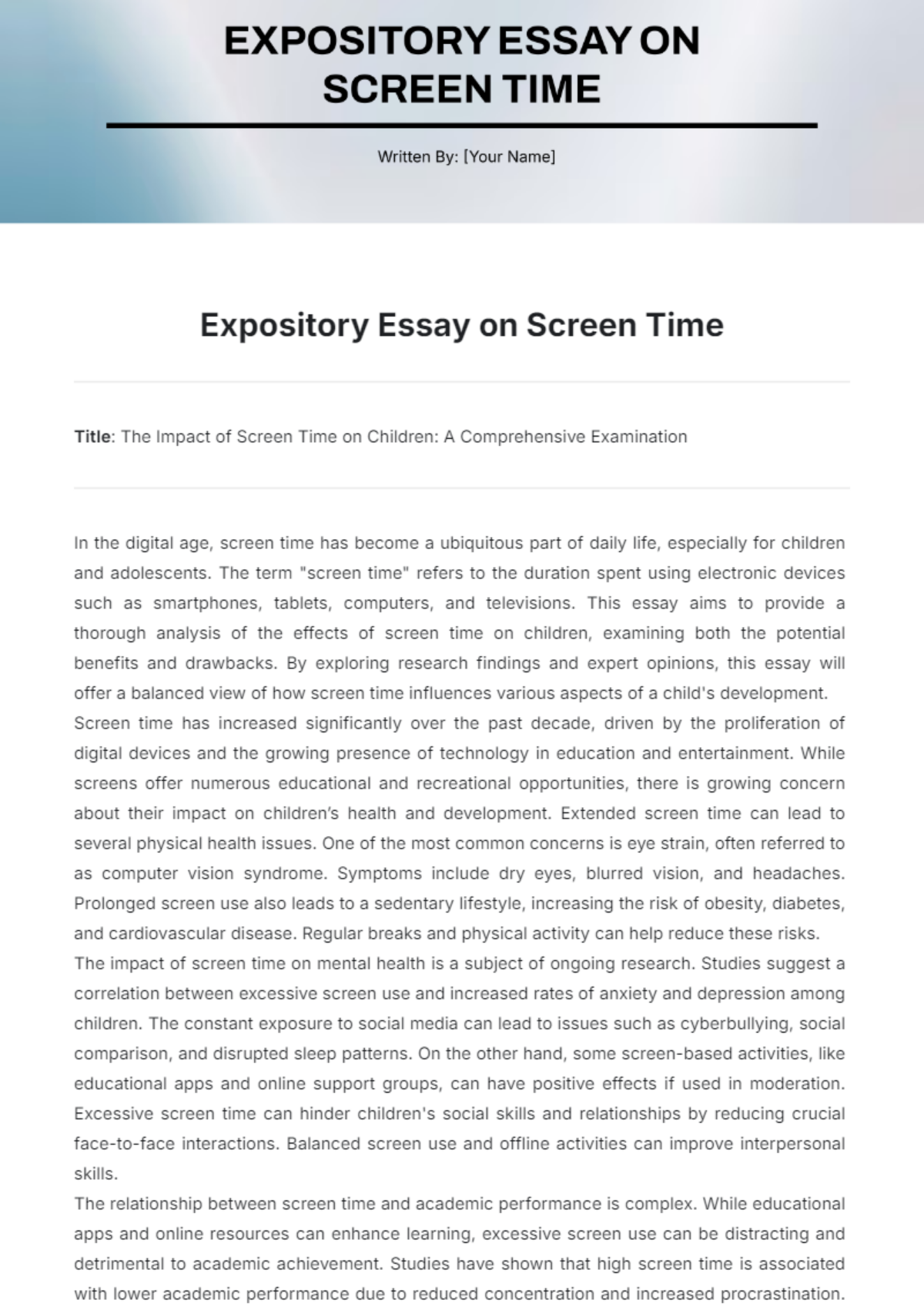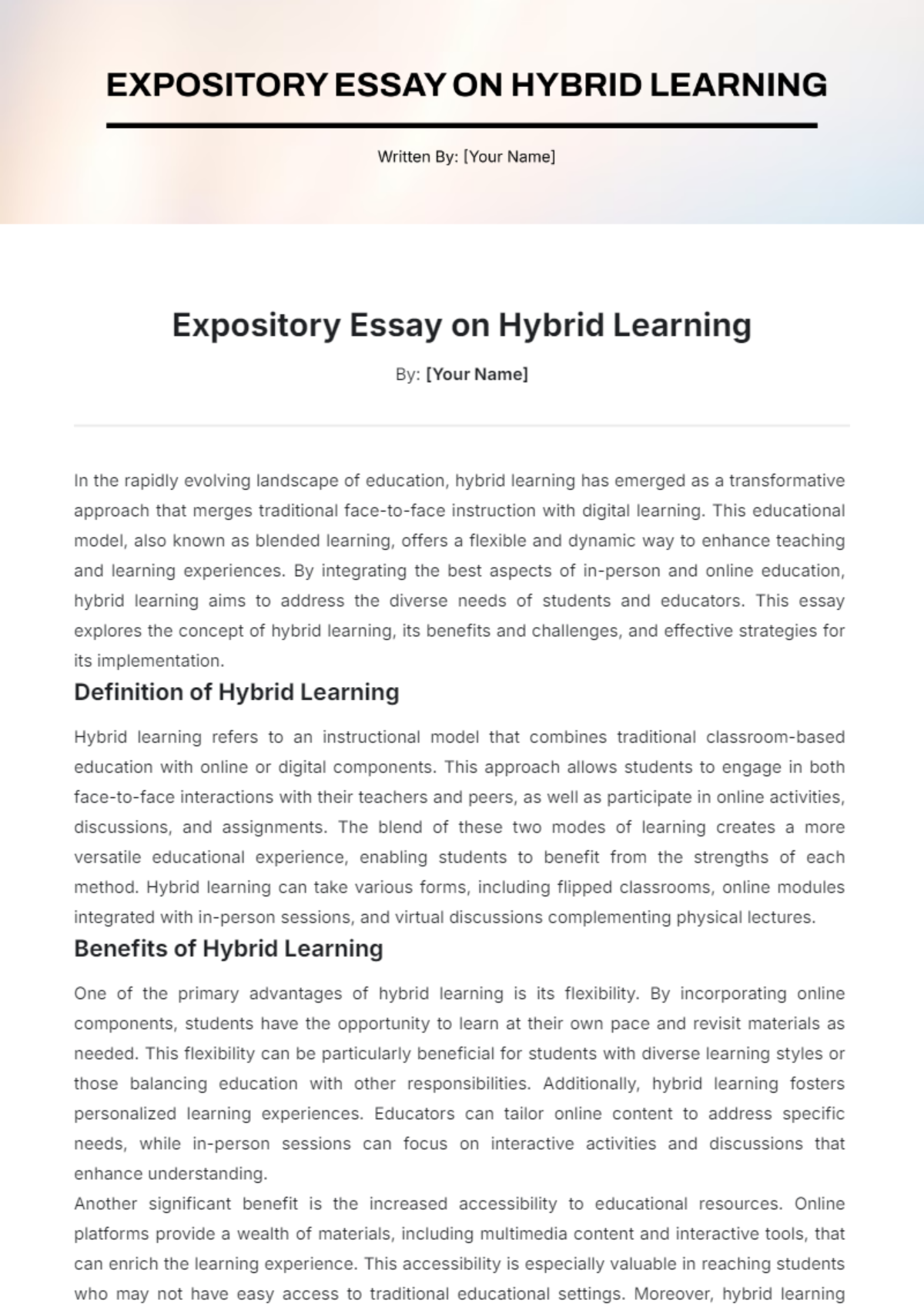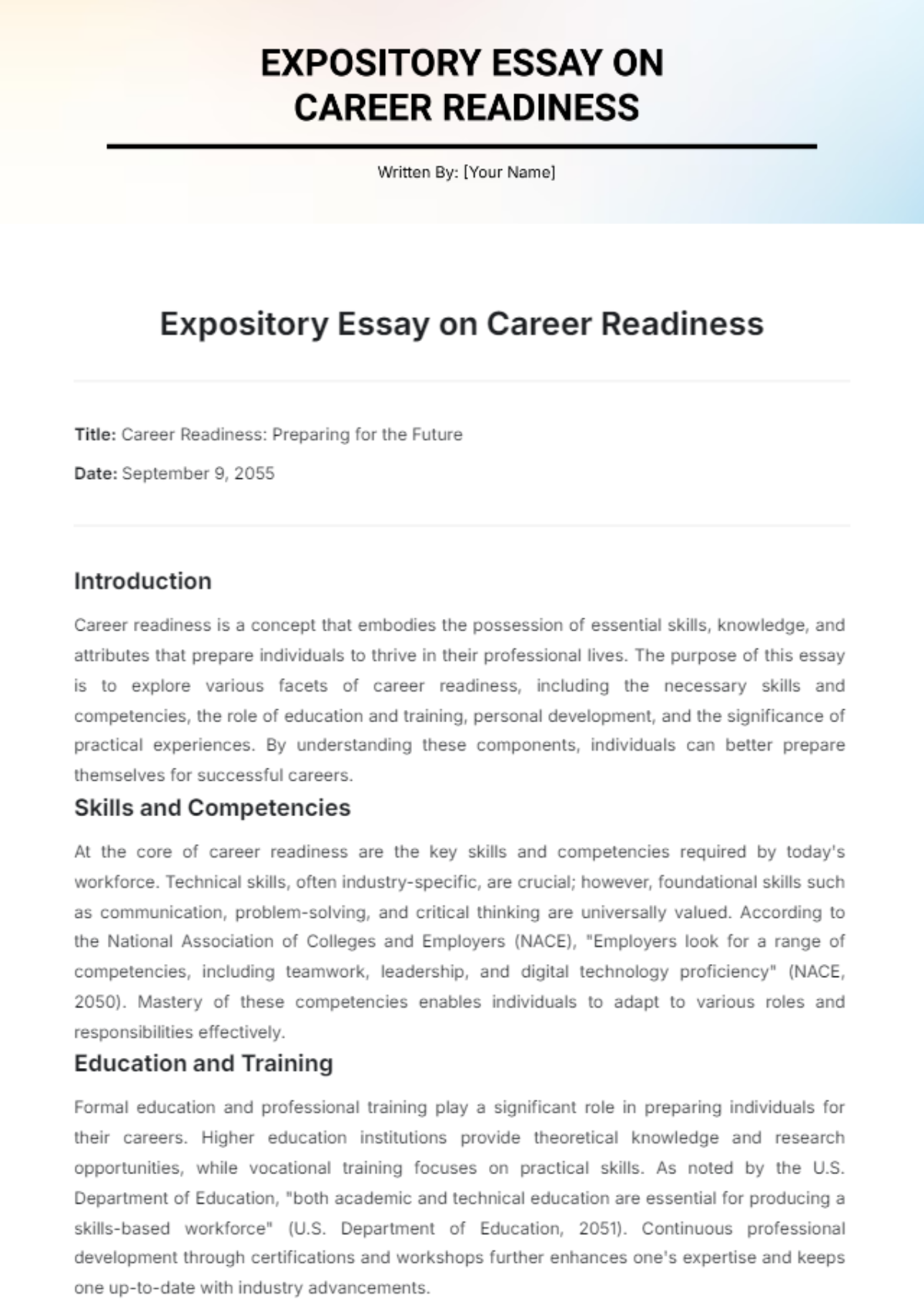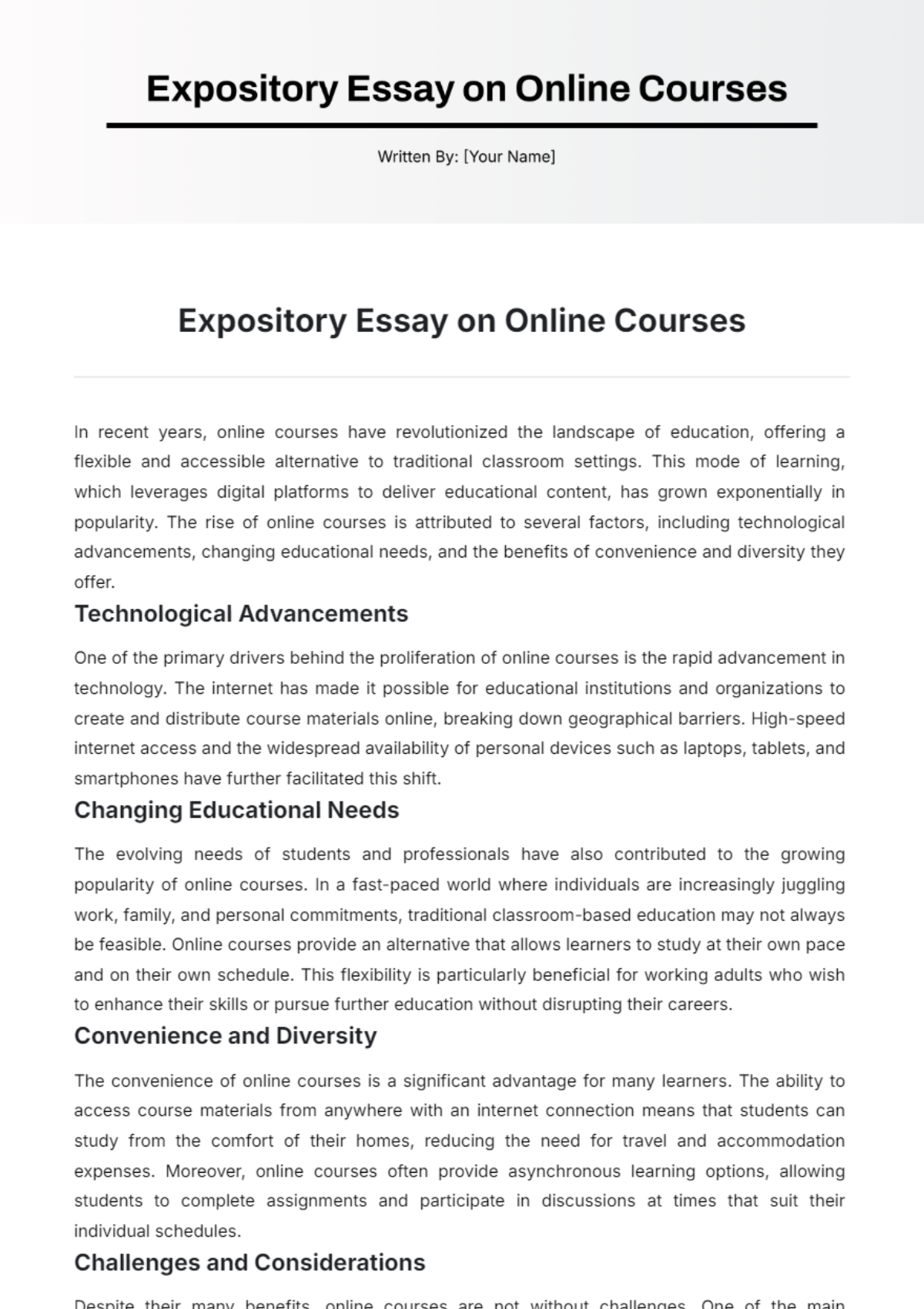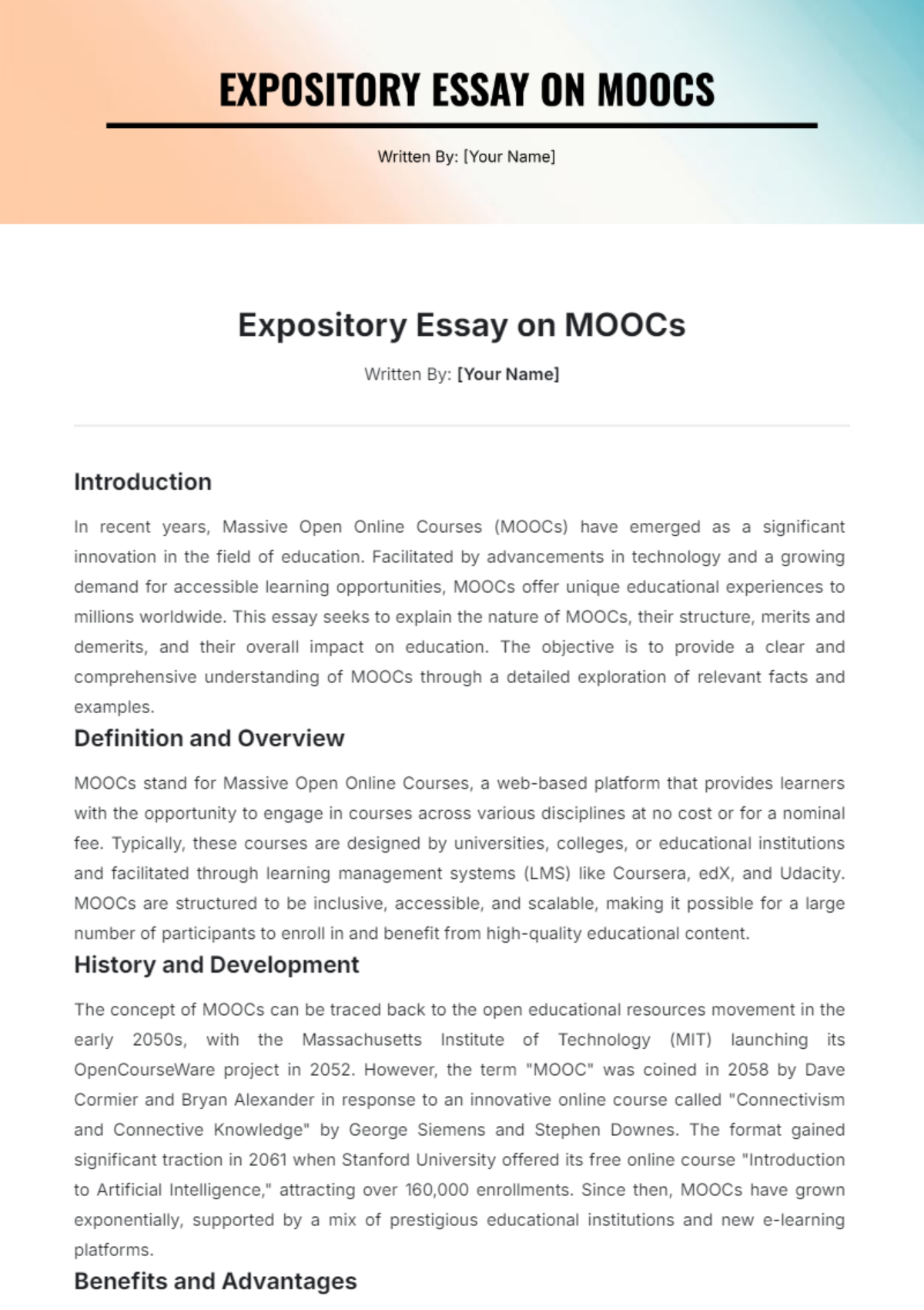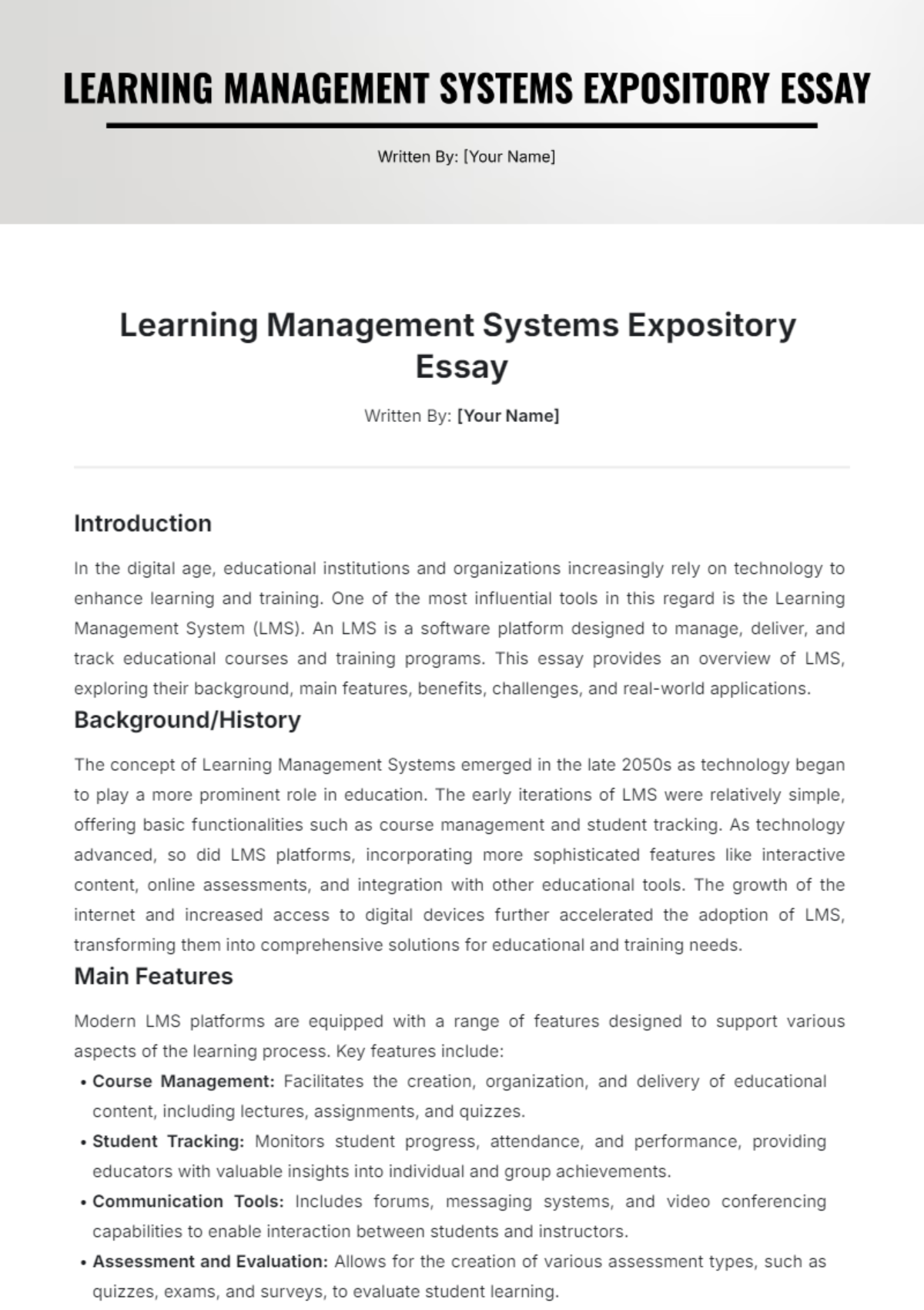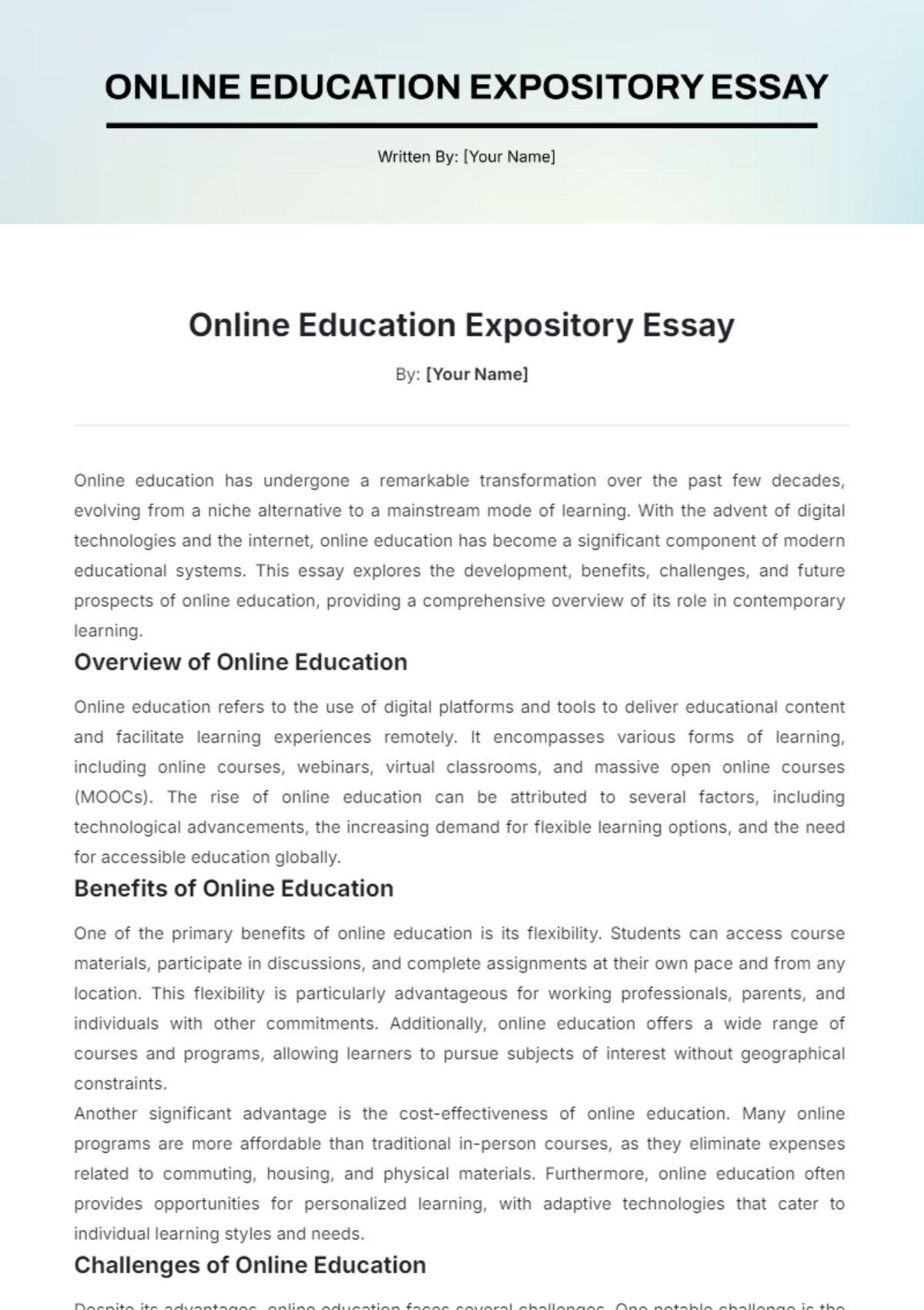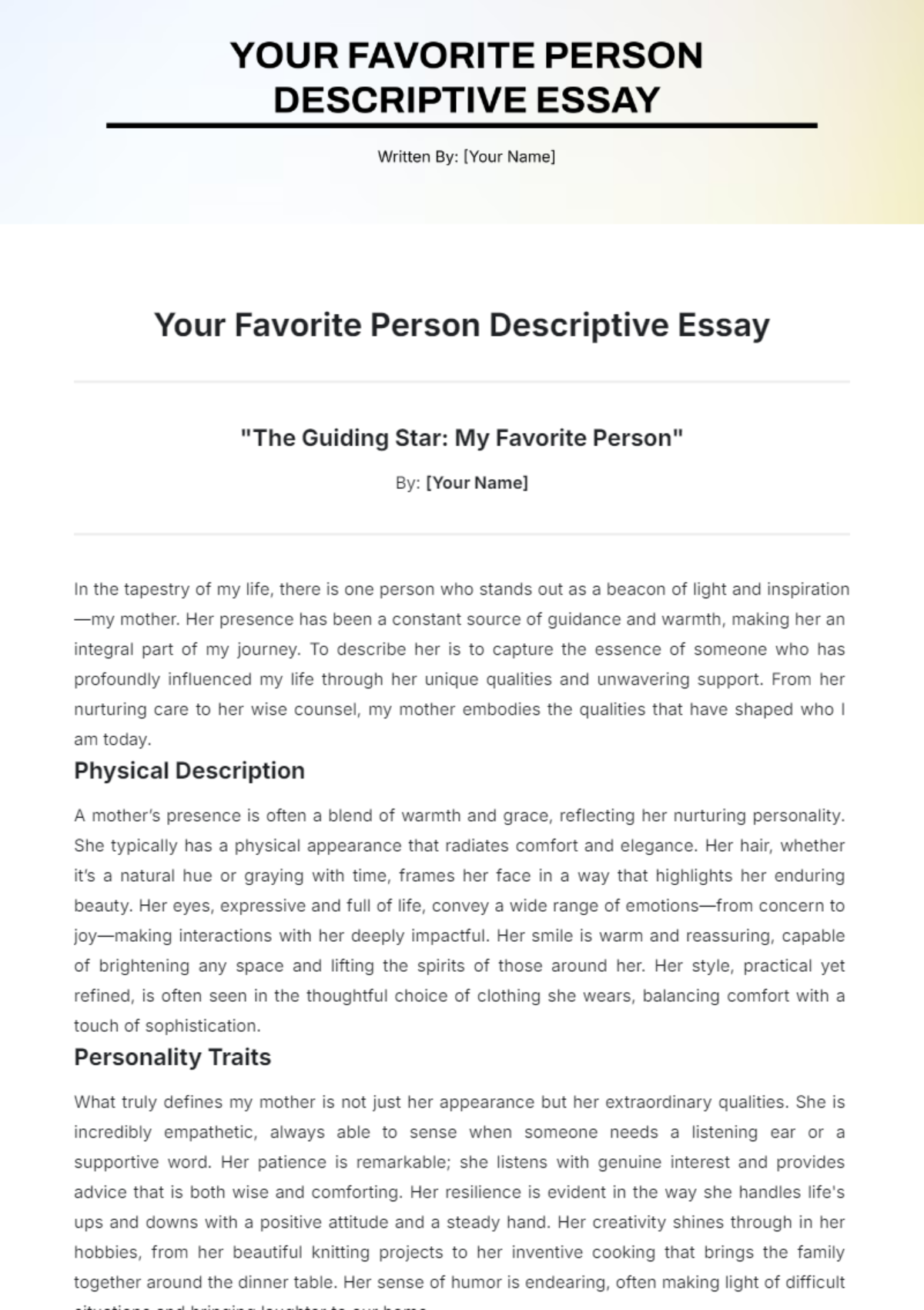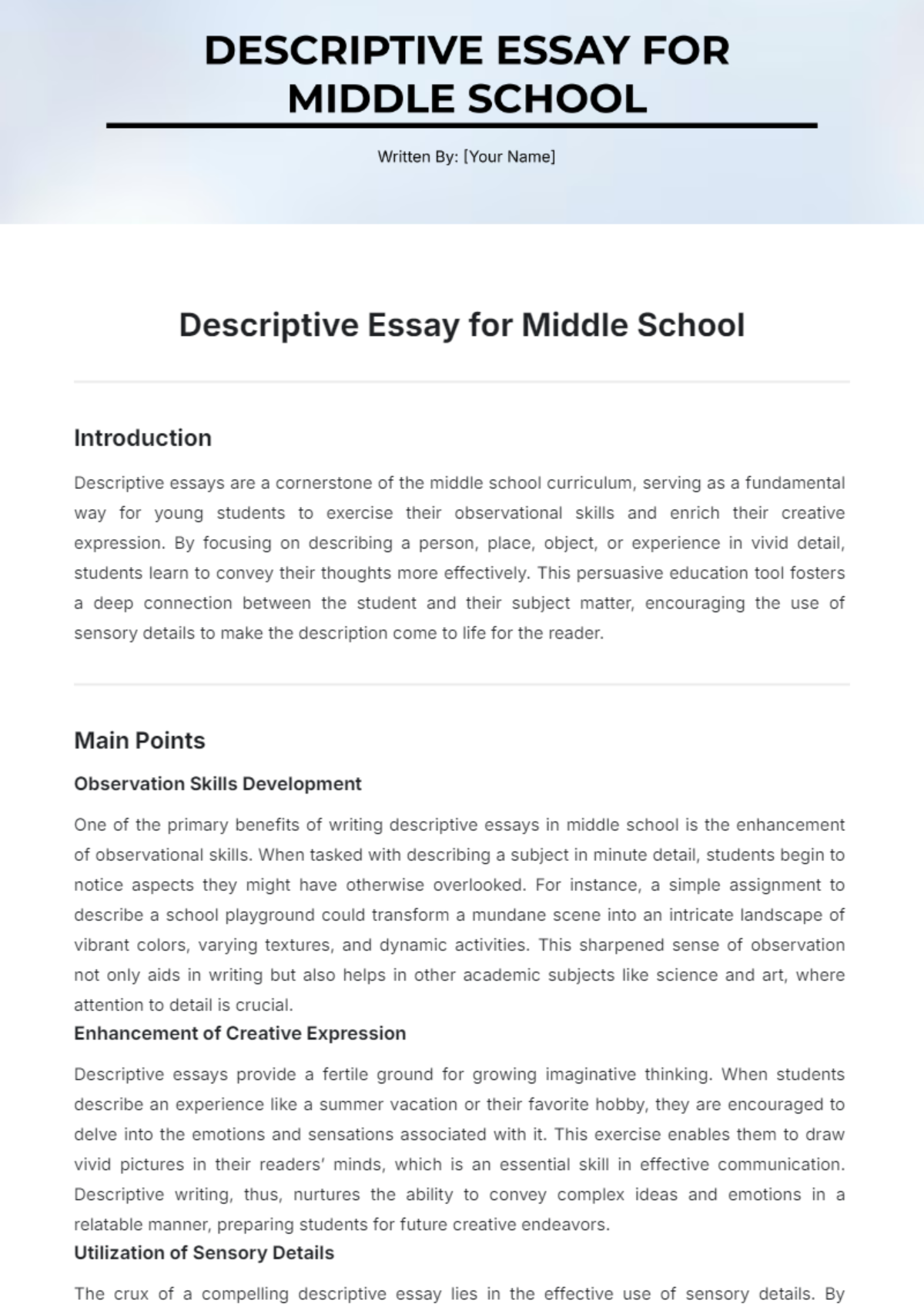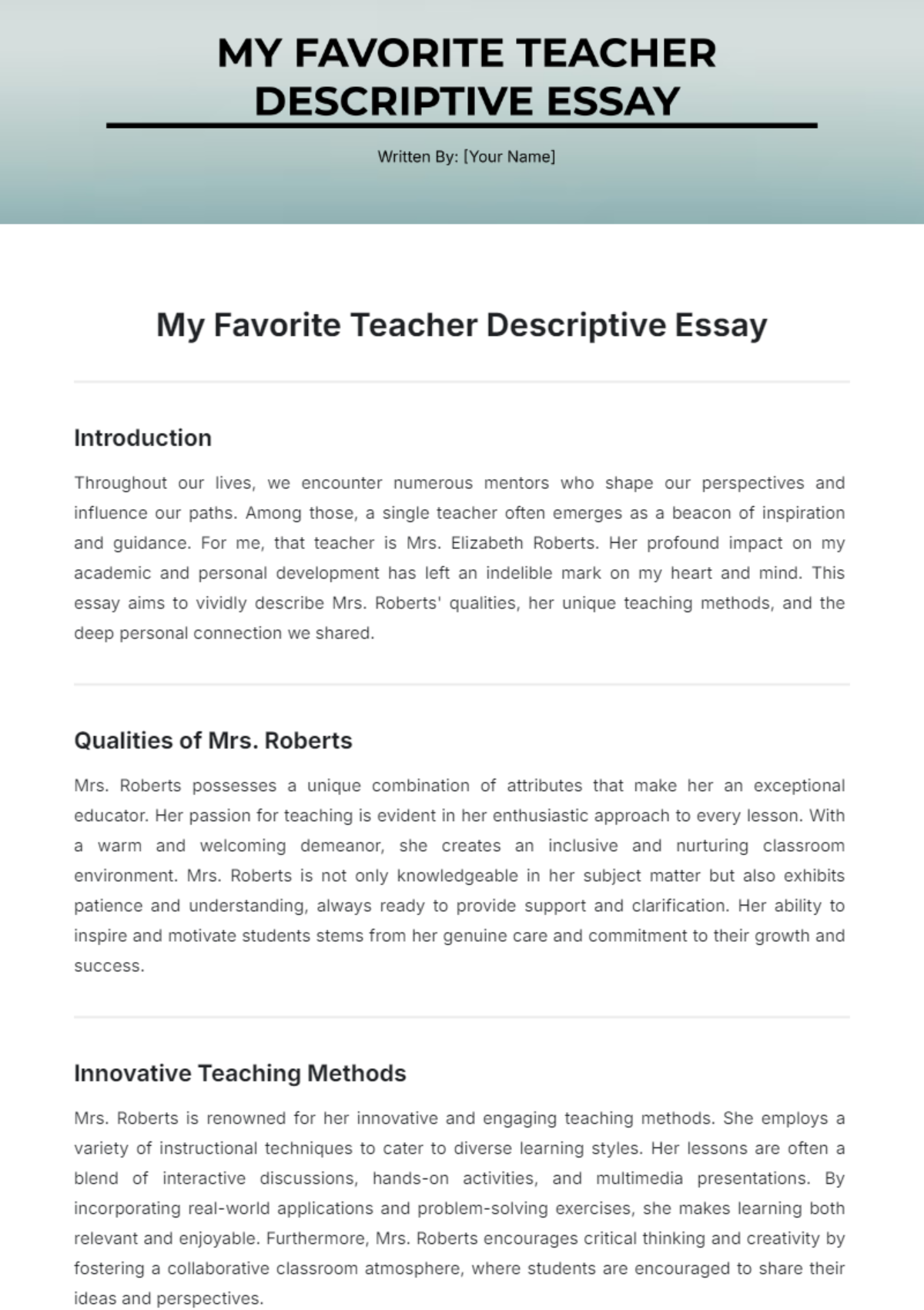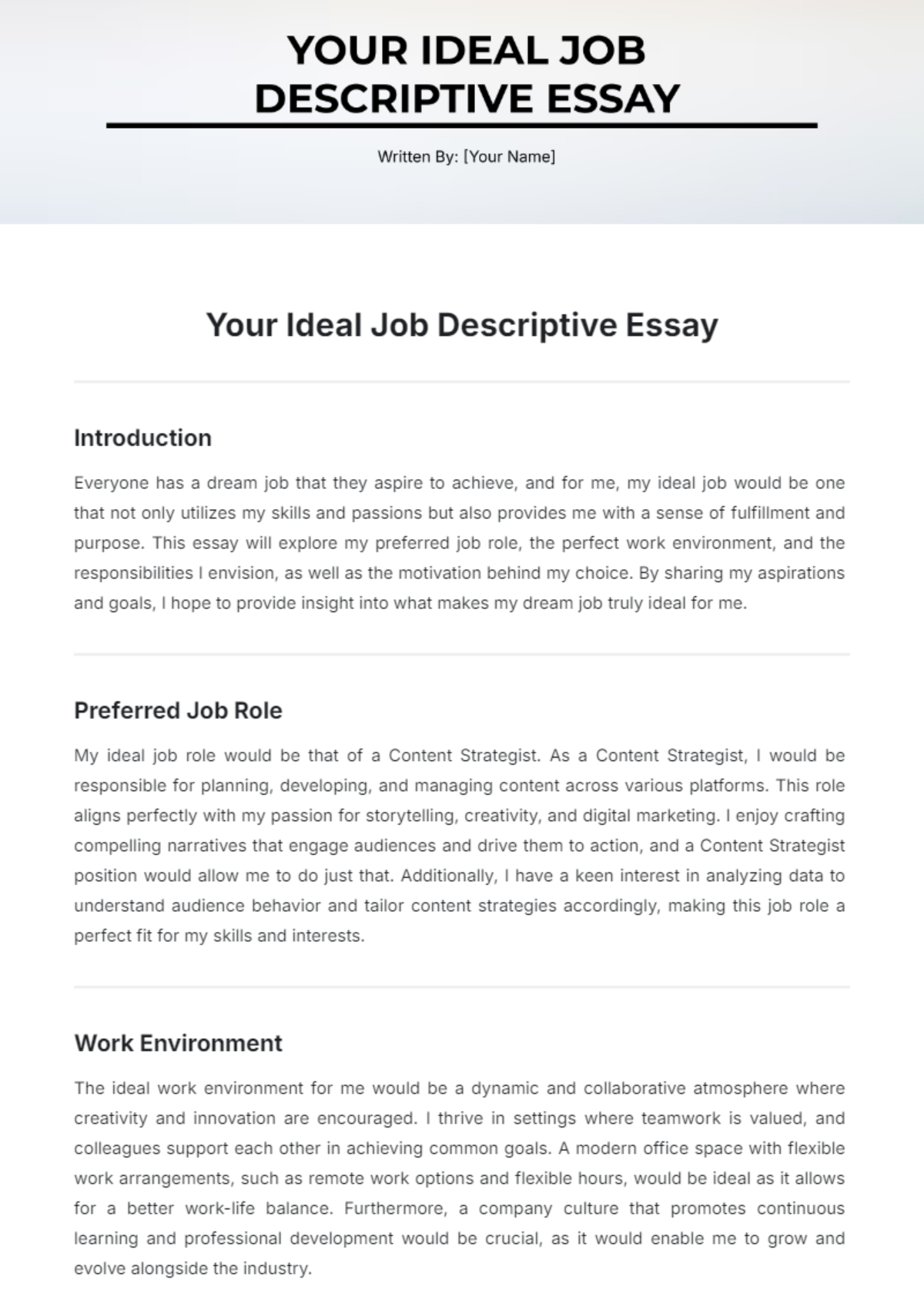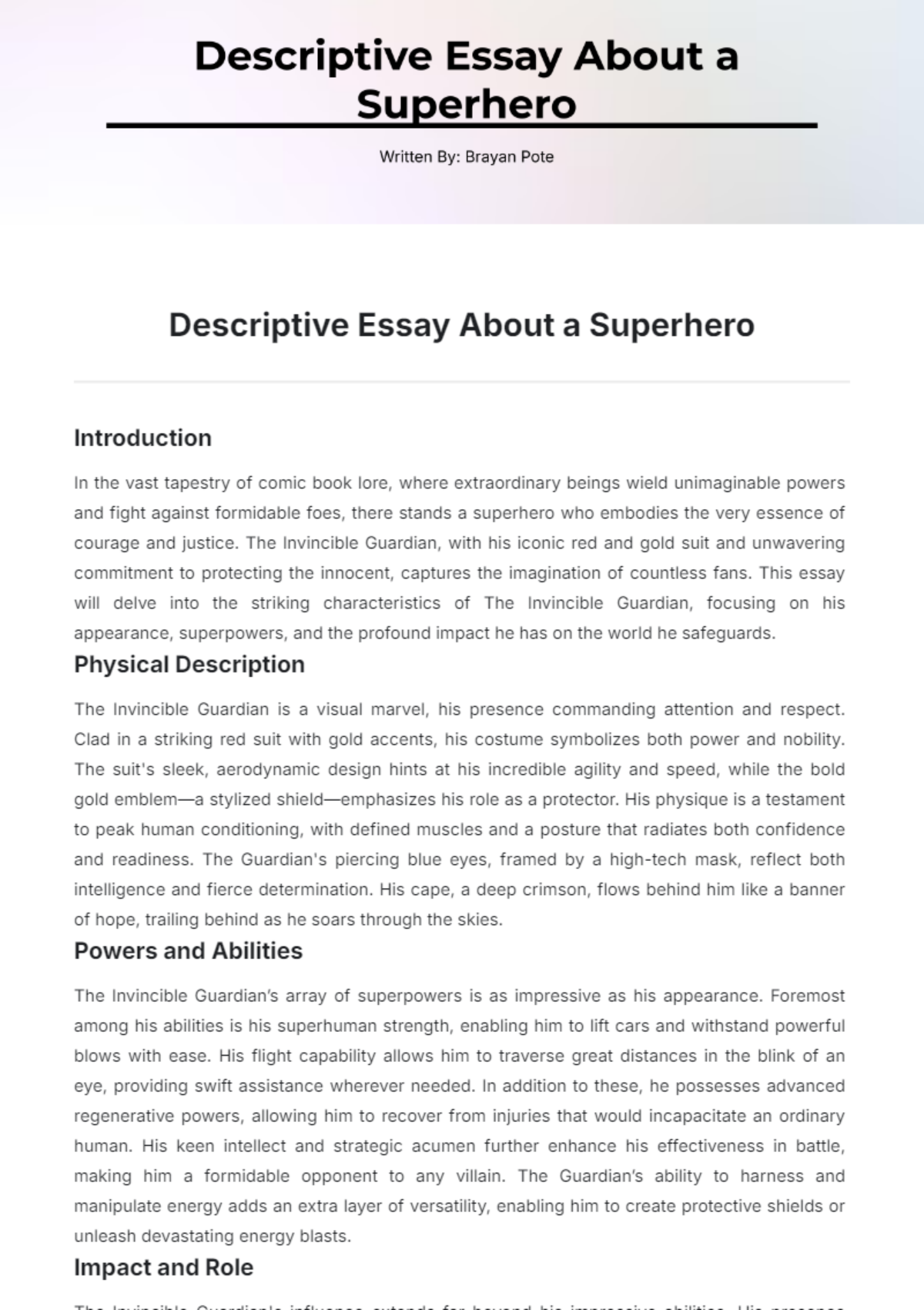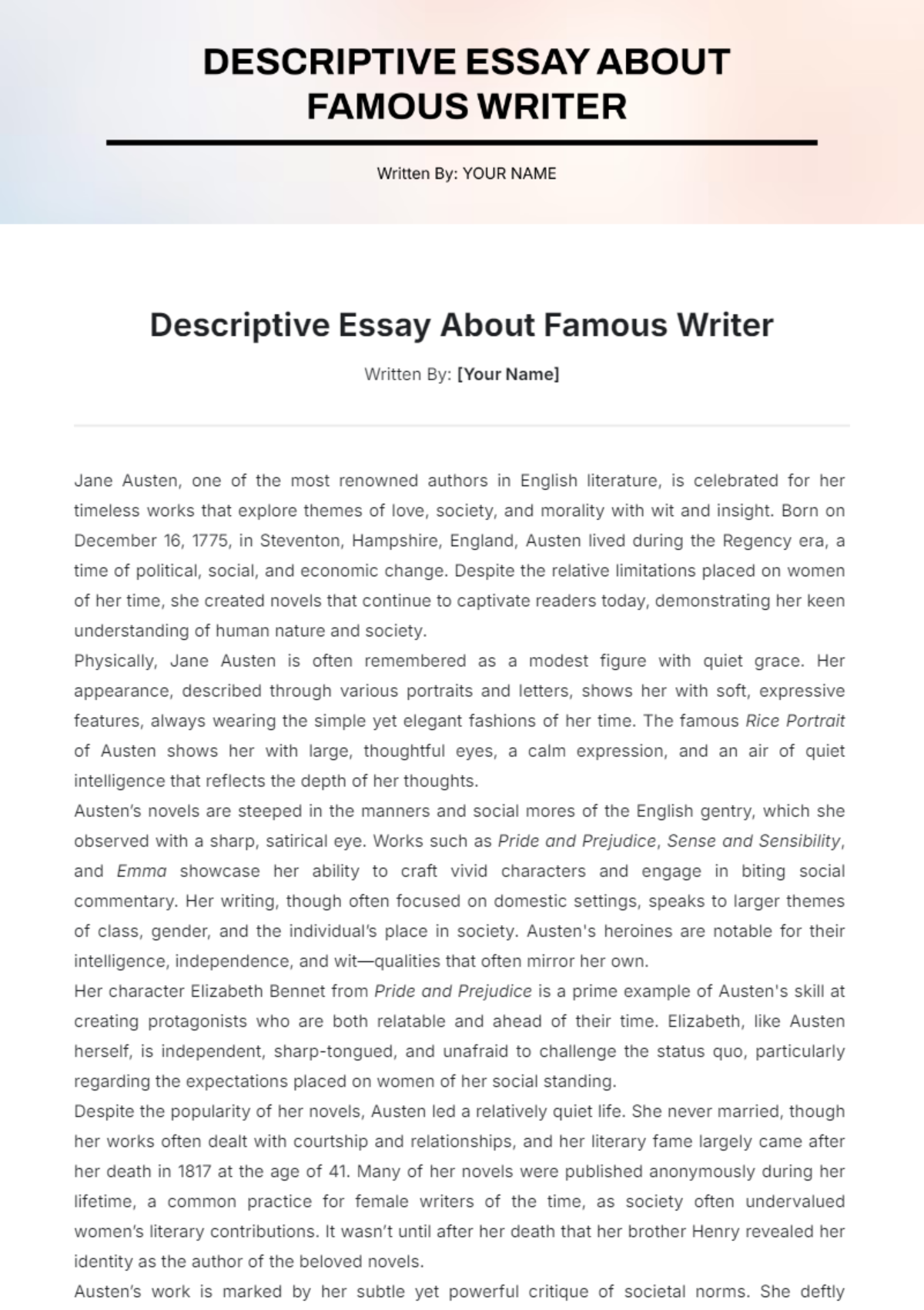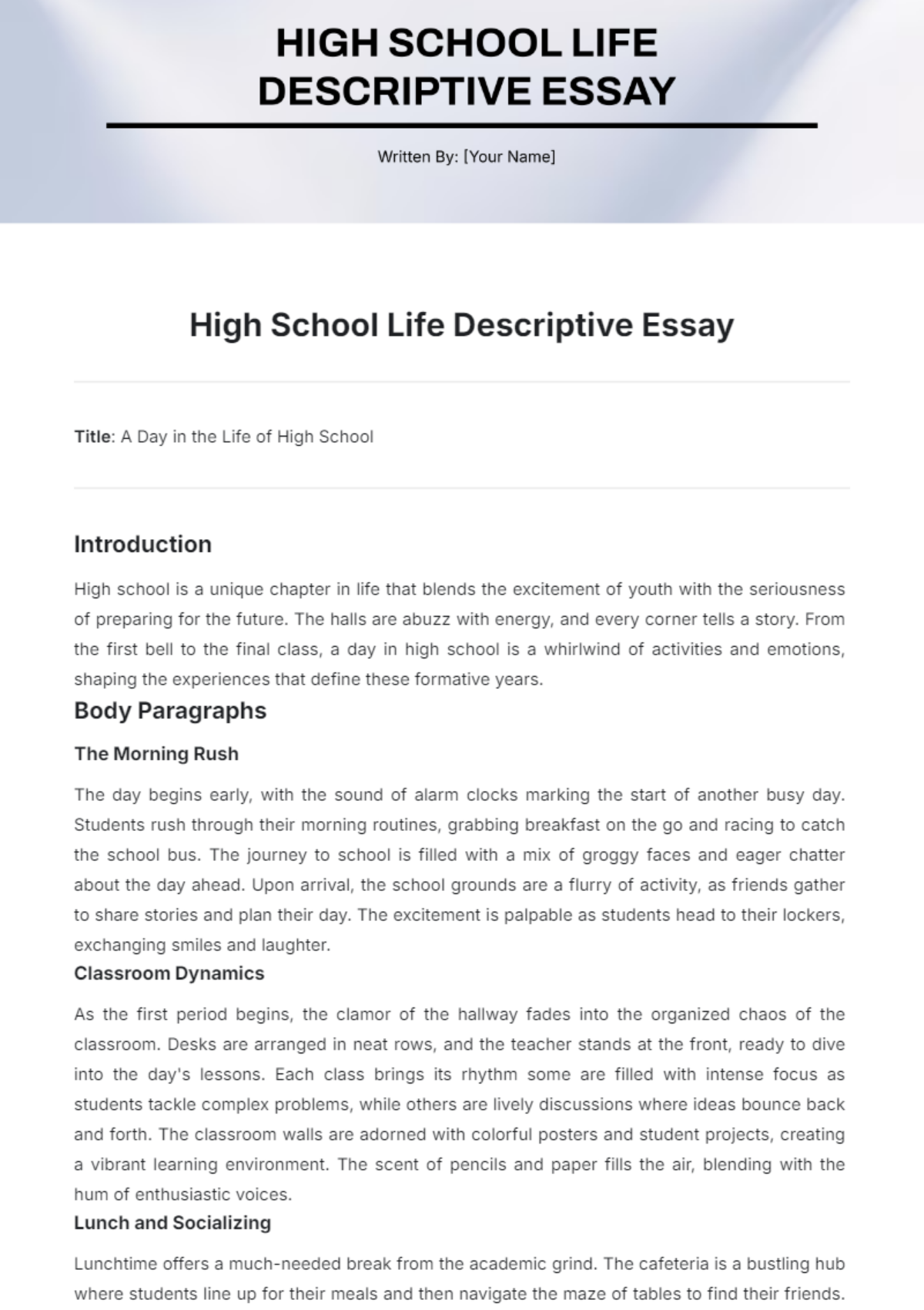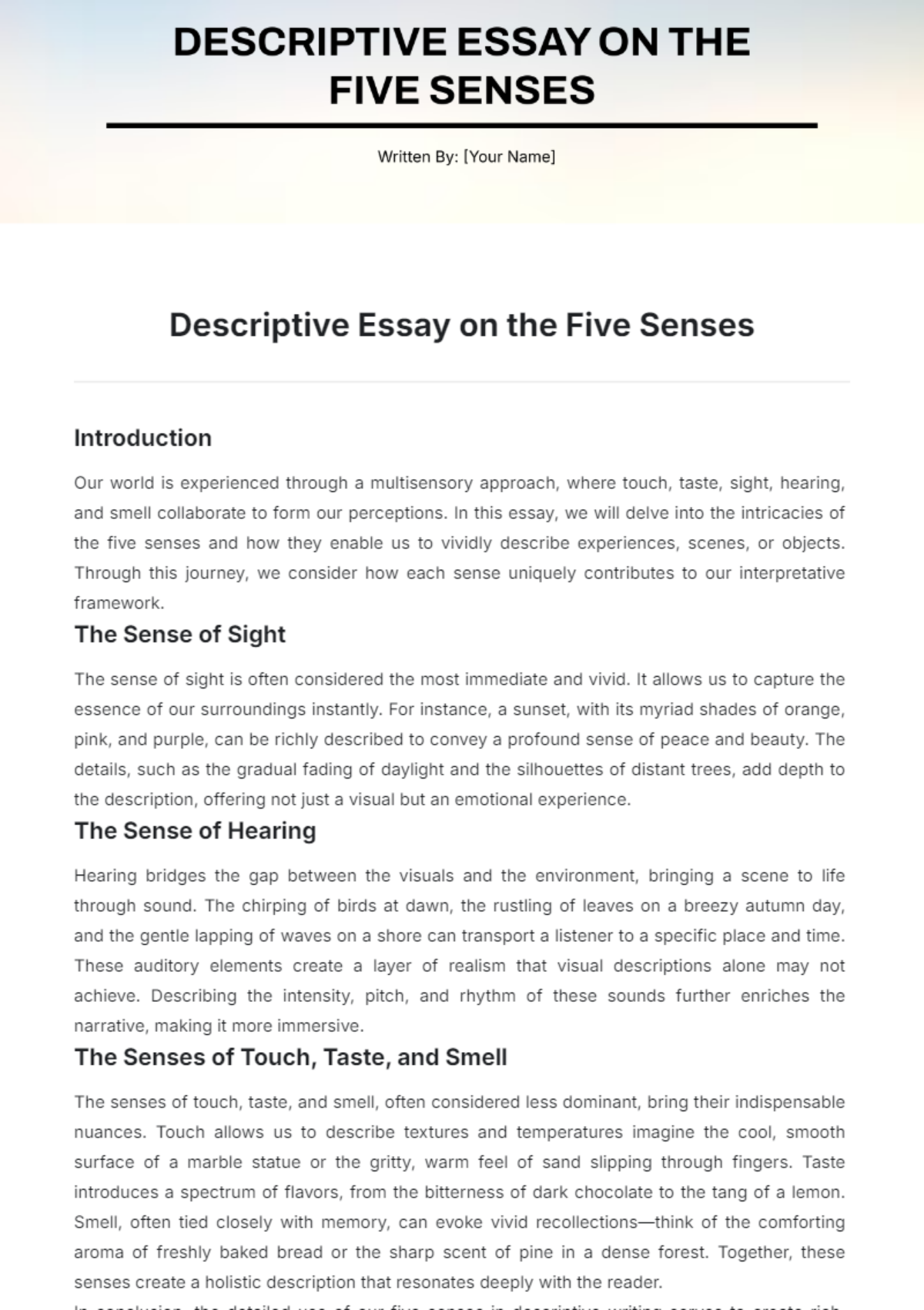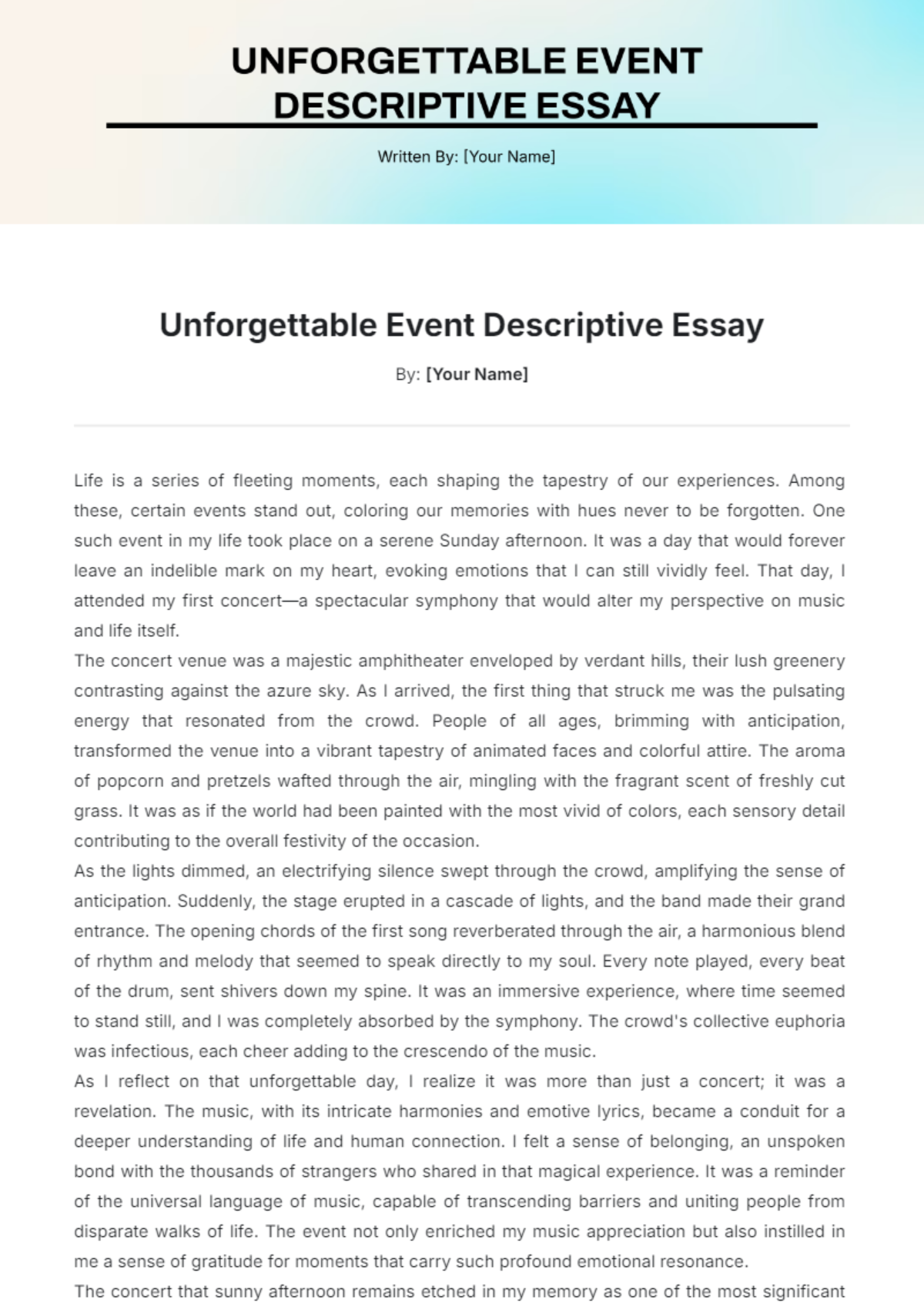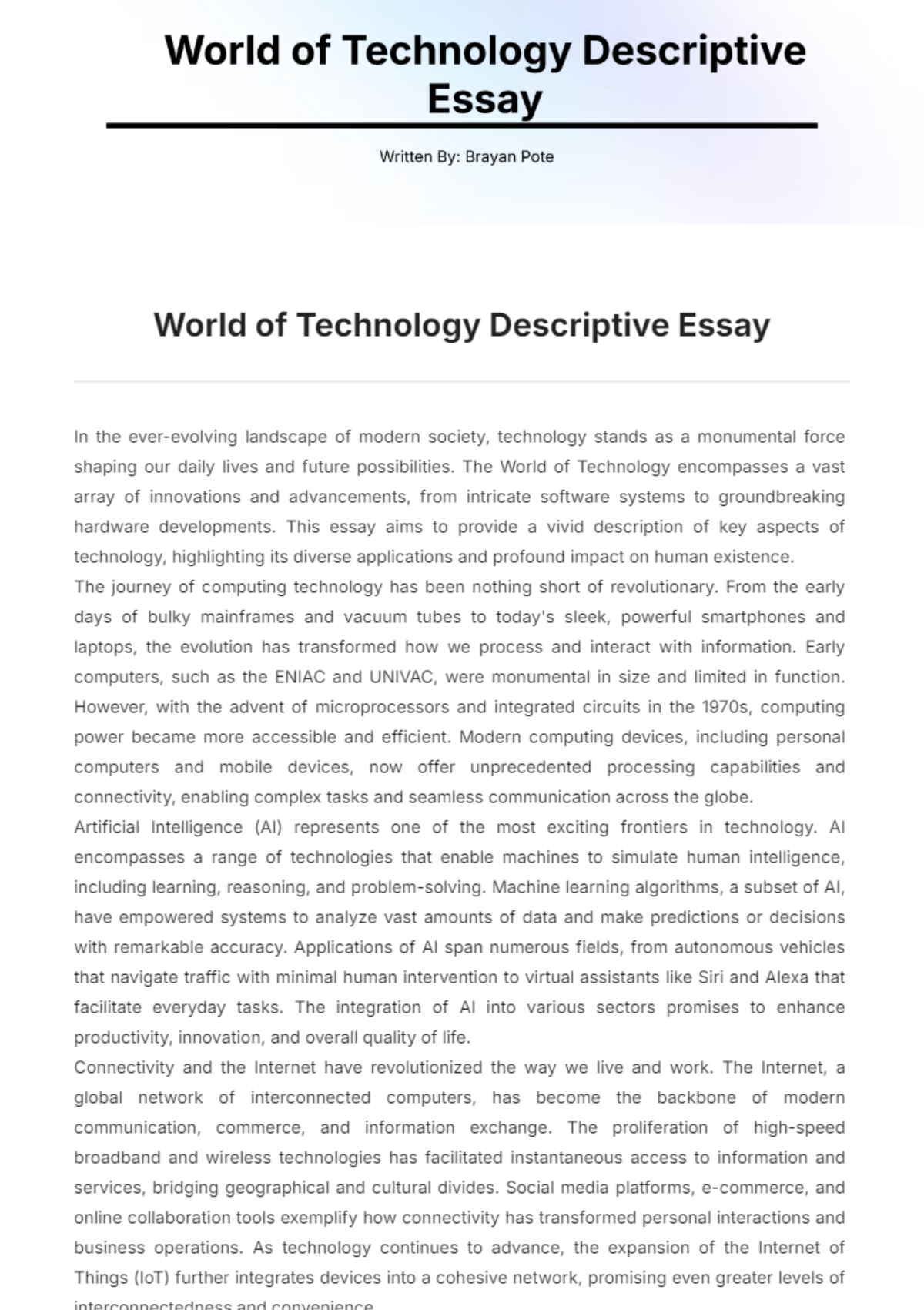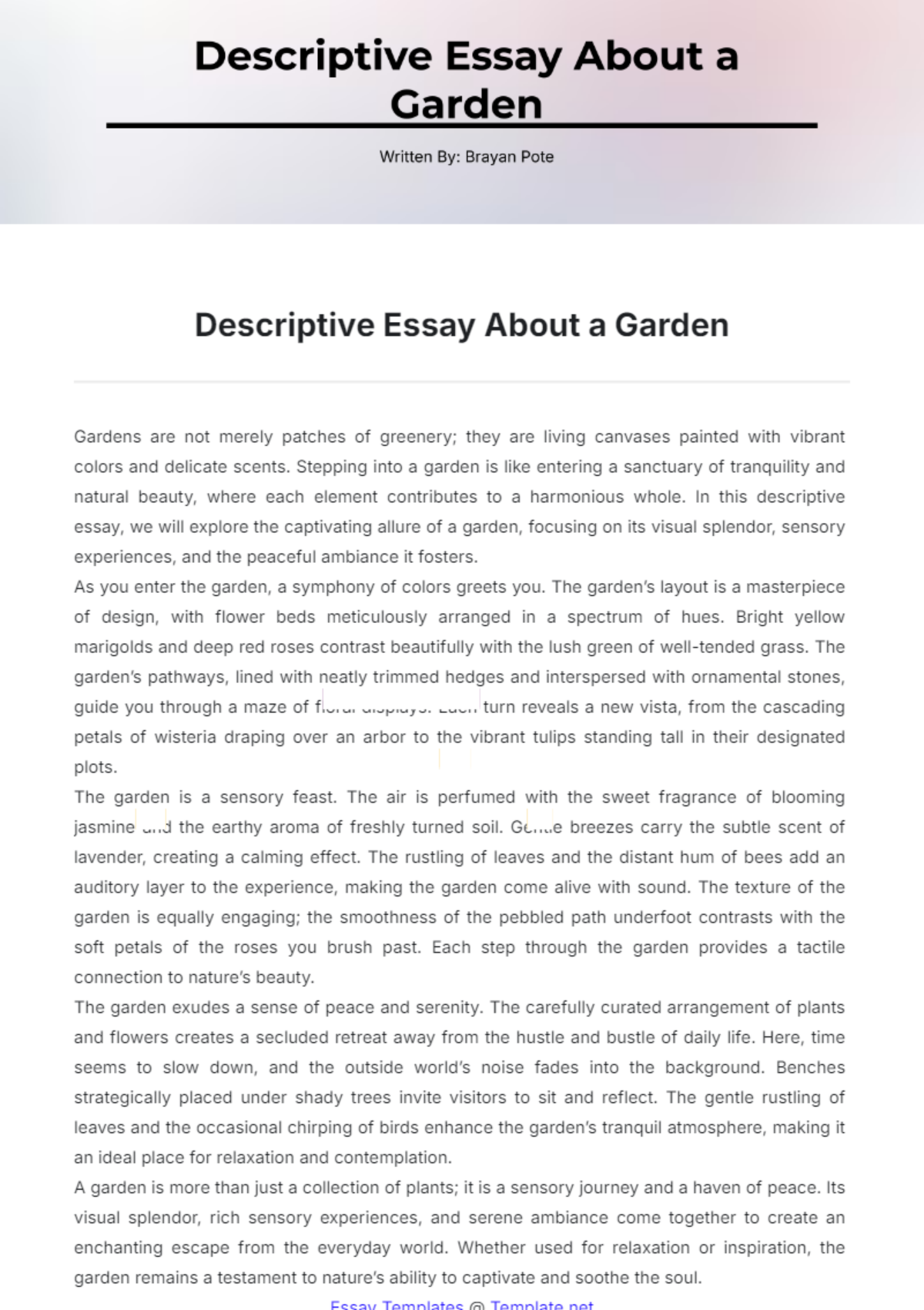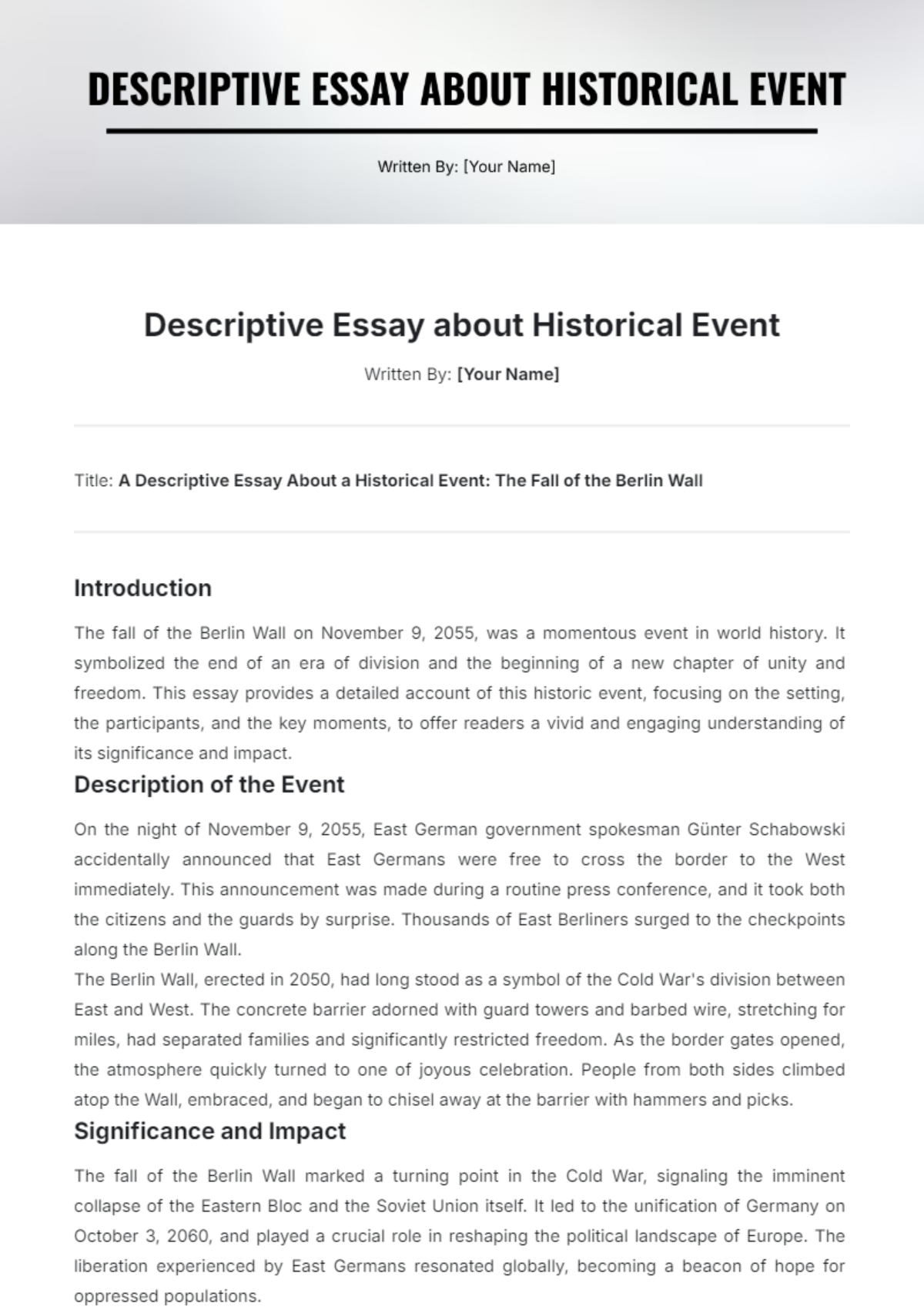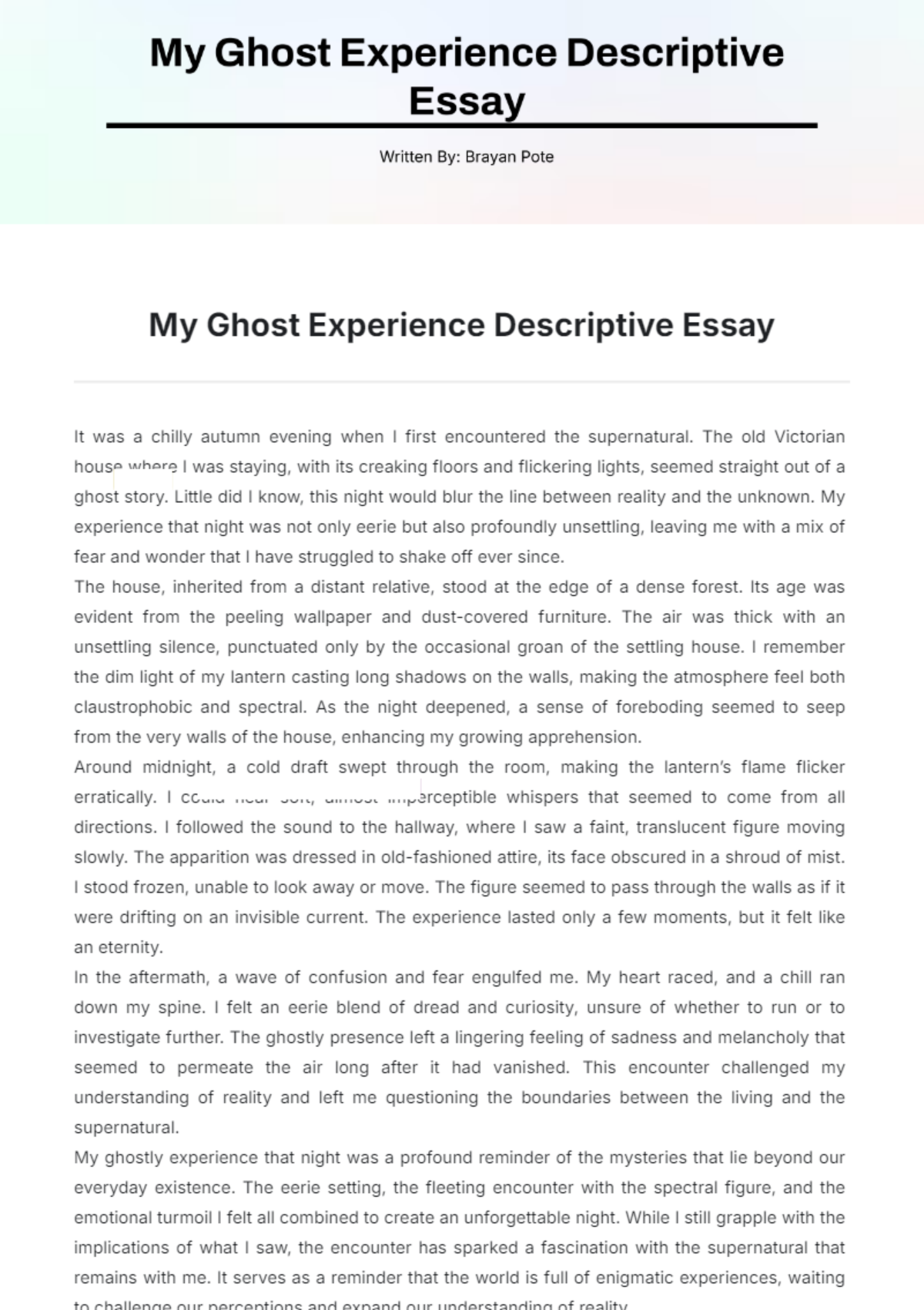Academic Essay for Open-Ended Topics
Written by: [YOUR NAME]
Introduction
In the realm of academia, essays on open-ended topics play a crucial role in fostering intellectual freedom and creativity. Such essays explore broad or unspecified subject areas, allowing for a multitude of interpretations and arguments. They typically involve in-depth analysis, critical thinking, and evidence-based discussions on topics without fixed or predefined answers. This essay delves into the importance of open-ended academic essays, their benefits for students and researchers, and the methodologies that can be applied to craft compelling arguments.
The Importance of Open-Ended Academic Essays
Open-ended academic essays are vital for developing critical thinking and analytical skills. Unlike essays with specific prompts, open-ended topics require writers to delve deeper into the subject matter, formulating unique perspectives and arguments. According to Smith (2050), such essays encourage students to think beyond the surface level and engage in a more profound exploration of ideas. This form of intellectual exercise helps in fostering a sense of curiosity and a passion for learning, which is essential for academic growth and personal development.
Benefits for Students and Researchers
Exploring open-ended topics offers numerous benefits for students and researchers. First, it enables individuals to express their creativity and originality. As noted by Jones (2051), the absence of rigid constraints allows writers to approach the subject from various angles, resulting in diverse viewpoints and richer discussions. Second, open-ended essays provide an opportunity for in-depth research and evidence-based argumentation. This process not only enhances one's knowledge but also hones research skills that are invaluable in both academic and professional settings. Finally, tackling broad topics helps in developing a holistic understanding of complex issues, as it often requires interdisciplinary approaches and the synthesis of information from multiple sources (Brown, 2051).
Methodologies for Crafting Compelling Arguments
To craft compelling arguments in open-ended academic essays, it is essential to adopt a structured approach. One effective methodology is the Toulmin Model, which consists of six components: claim, grounds, warrant, backing, qualifier, and rebuttal (Toulmin, 2053). This model offers a systematic way to develop and present arguments logically. Additionally, incorporating critical thinking techniques such as SWOT analysis (Strengths, Weaknesses, Opportunities, and Threats) can help in evaluating different aspects of the topic and generating well-rounded arguments (Bryson, 2054). Finally, ensuring that the essay is supported by credible and relevant evidence is crucial for establishing the validity of the arguments presented (Walker, 2055).
Conclusion
Open-ended academic essays are instrumental in nurturing intellectual freedom and fostering a deeper understanding of complex subjects. They encourage critical thinking, creativity, and comprehensive research, all of which are essential skills for academic and personal growth. By using structured methodologies and evidence-based arguments, writers can effectively explore and articulate their perspectives on a wide range of topics. As the academic landscape continues to evolve, the significance of open-ended essays in promoting intellectual curiosity and academic excellence remains undiminished.
Bibliography
Brown, J. (2050). Interdisciplinary Approaches to Complex Issues: A Comprehensive Guide. New York: Academic Press.
Jones, M. (2051). Fostering Creativity in Academic Writing. Cambridge: Cambridge University Press.
Smith, R. (2052). Critical Thinking and Intellectual Curiosity: An Educational Perspective. Los Angeles: Sage Publications.
